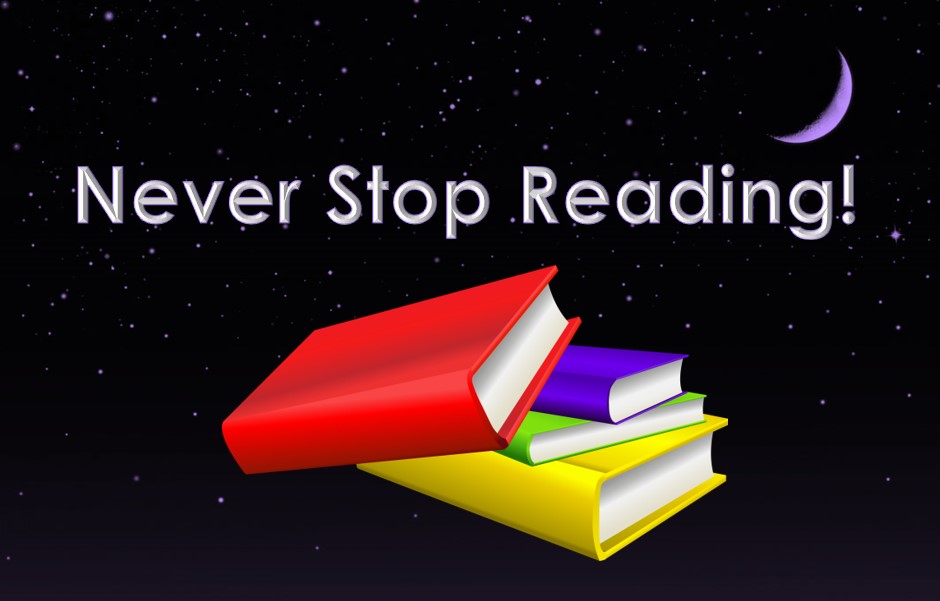
The enjoyment of reading books is celebrated on World Book Day on April 23. It is a day to celebrate the privilege of being able to read. This article includes summaries of books I recently read.
I was a good reader and read many books during my school and college days. During medical school and afterward, I had to focus mainly on medical/study books and only got a little time to read other books. When my son and daughter were in elementary school, we made a rule to encourage them to read. They had to read a book, tell the summary as proof, and get one dollar per book. It worked and they both became avid readers. ❤❤
Recently, my daughter and I listened to many good audiobooks. I have been using my driving time to listen to books. This article summarizes books I liked. I am sharing it for book lovers!
***************************************
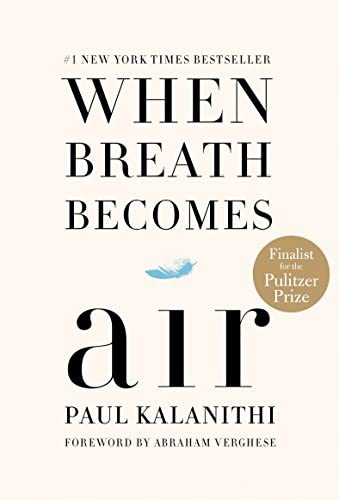 When Breath Becomes Air is an autobiographical book written by American neurosurgeon Paul Kalanithi. It is a memoir about his life and illness, battling stage IV metastatic lung cancer. At the age of 36, during the residency training in neurosurgery at Stanford University, he was diagnosed with stage IV lung cancer. One day he was a doctor treating the dying, and the next he was a patient struggling to live. He died in March 2015, while working on this book.
When Breath Becomes Air is an autobiographical book written by American neurosurgeon Paul Kalanithi. It is a memoir about his life and illness, battling stage IV metastatic lung cancer. At the age of 36, during the residency training in neurosurgery at Stanford University, he was diagnosed with stage IV lung cancer. One day he was a doctor treating the dying, and the next he was a patient struggling to live. He died in March 2015, while working on this book.
***************************************
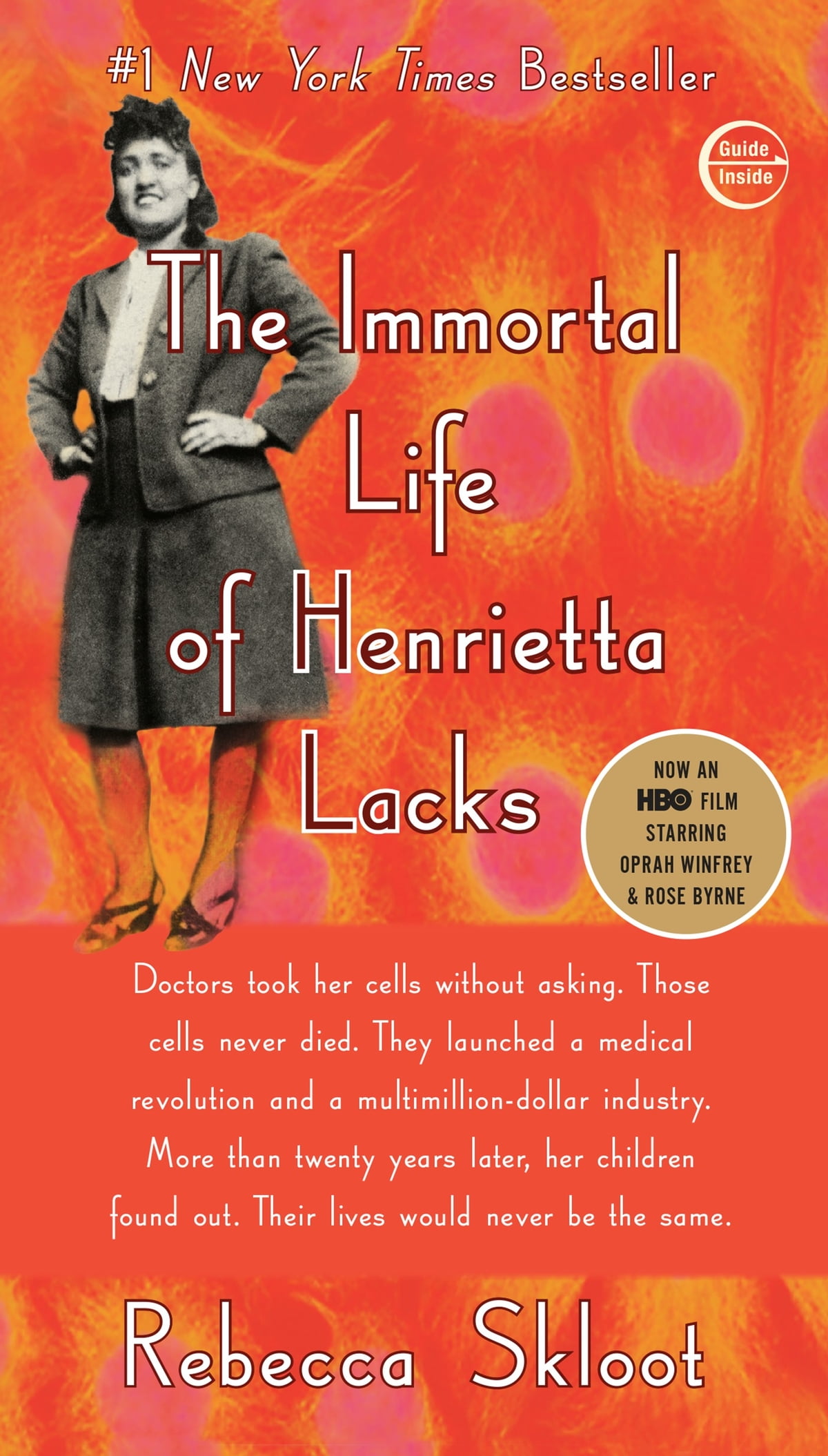 The Immortal Life of Henrietta Lacks is about Henrietta Lacks and the immortal cell line, known as HeLa, that came from Lacks’s cervical cancer cells in 1951. It is based on the true story of Henrietta Lacks, a poor black tobacco farmer, whose cells were taken without her knowledge, which became one of the most important tools in medicine, including developing the polio vaccine, cloning, gene mapping, in vitro fertilization, and more.
The Immortal Life of Henrietta Lacks is about Henrietta Lacks and the immortal cell line, known as HeLa, that came from Lacks’s cervical cancer cells in 1951. It is based on the true story of Henrietta Lacks, a poor black tobacco farmer, whose cells were taken without her knowledge, which became one of the most important tools in medicine, including developing the polio vaccine, cloning, gene mapping, in vitro fertilization, and more.
***************************************
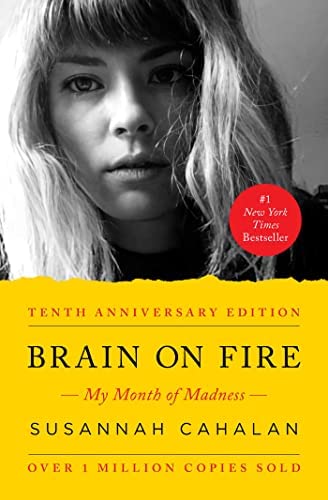 Brain on Fire: My Month of Madness is a New York Times best-selling autobiography by New York Post writer Susannah Cahalan. Twenty-four-year-old Susannah Cahalan was diagnosed with anti-NMDA receptor encephalitis and she tells the astonishing true story of her descent into madness, her family’s inspiring faith in her, and the lifesaving diagnosis that nearly didn’t happen.
Brain on Fire: My Month of Madness is a New York Times best-selling autobiography by New York Post writer Susannah Cahalan. Twenty-four-year-old Susannah Cahalan was diagnosed with anti-NMDA receptor encephalitis and she tells the astonishing true story of her descent into madness, her family’s inspiring faith in her, and the lifesaving diagnosis that nearly didn’t happen.
***************************************
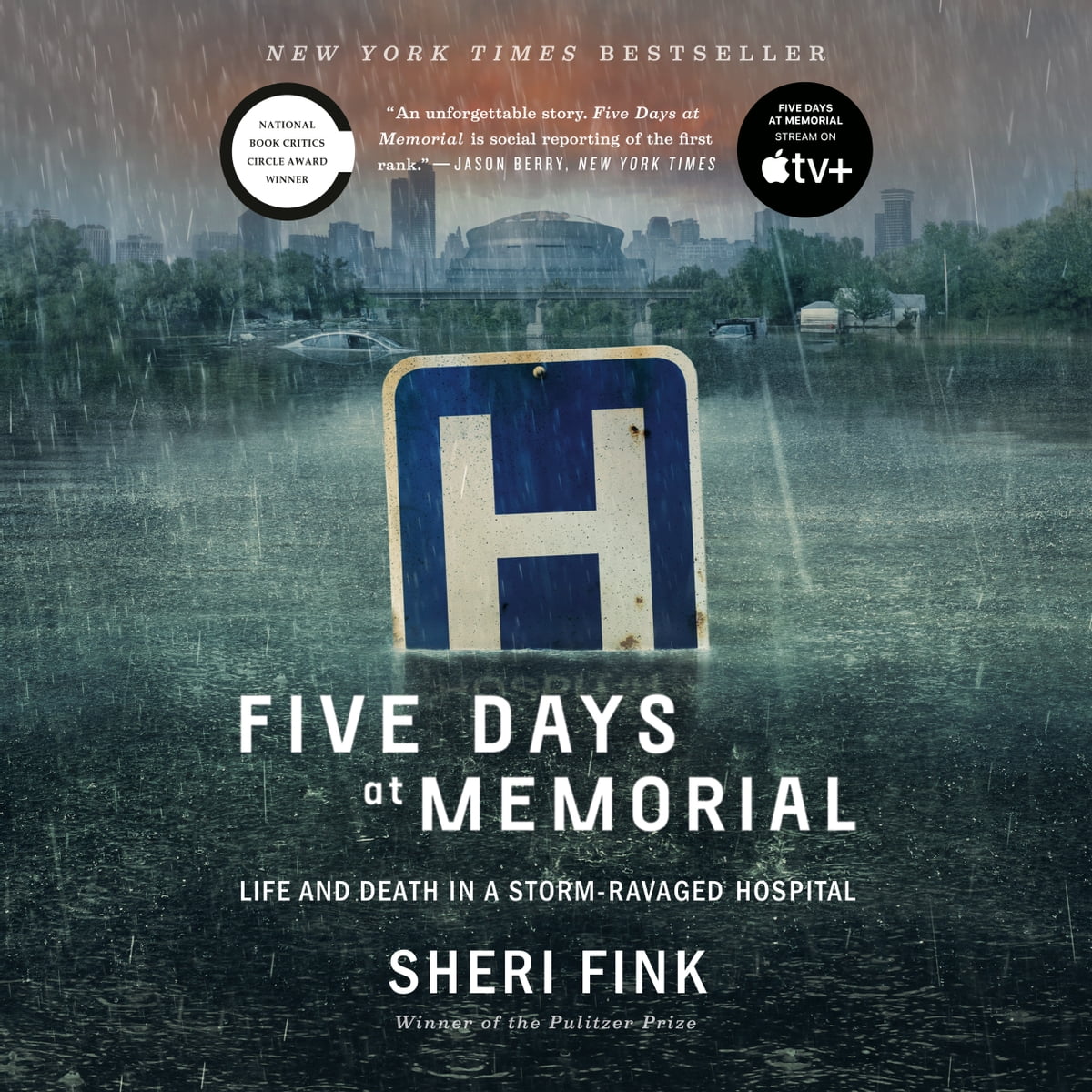 Five Days at Memorial: Life and Death in a Storm-Ravaged Hospital is a 2013 book by the American journalist Sheri Fink. The book details the aftermath of Hurricane Katrina at Memorial Medical Center in New Orleans, USA during August 28 – September 1, 2005. Months later, several health professionals faced criminal allegations that they deliberately injected numerous patients with drugs to hasten their deaths (euthanasia, the painless killing of a patient suffering from an incurable and painful disease).
Five Days at Memorial: Life and Death in a Storm-Ravaged Hospital is a 2013 book by the American journalist Sheri Fink. The book details the aftermath of Hurricane Katrina at Memorial Medical Center in New Orleans, USA during August 28 – September 1, 2005. Months later, several health professionals faced criminal allegations that they deliberately injected numerous patients with drugs to hasten their deaths (euthanasia, the painless killing of a patient suffering from an incurable and painful disease).
***************************************
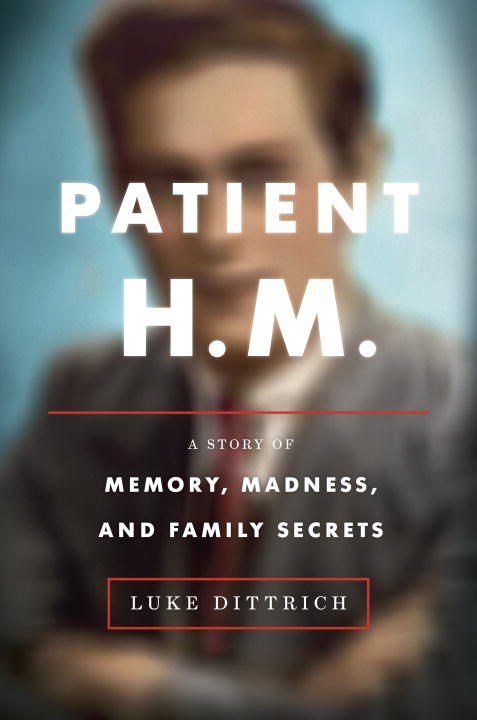 Patient H.M.: A Story of Memory, Madness, and Family Secrets– In the late 1930s, in asylums and hospitals across America, a group of renowned “psychosurgeons” developed a new class of brain operation—the lobotomy. In 1953, neurosurgeon William Beecher Scoville performed a groundbreaking operation on a 27-year-old epileptic patient named Henry Molaison. The operation failed to eliminate Molaison’s intractable seizures, but it left Henry profoundly amnesic, unable to create long-term memories.
Patient H.M.: A Story of Memory, Madness, and Family Secrets– In the late 1930s, in asylums and hospitals across America, a group of renowned “psychosurgeons” developed a new class of brain operation—the lobotomy. In 1953, neurosurgeon William Beecher Scoville performed a groundbreaking operation on a 27-year-old epileptic patient named Henry Molaison. The operation failed to eliminate Molaison’s intractable seizures, but it left Henry profoundly amnesic, unable to create long-term memories.
***************************************
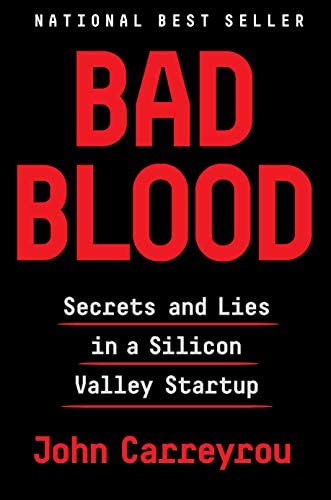 Bad Blood: Secrets and Lies in a Silicon Valley Startup- It is a book by journalist John Carreyrou, released on May 21, 2018. It is the gripping story of Elizabeth Holmes and Theranos—one of the biggest corporate frauds in history of Silicon Valley. For years, Holmes had been misleading investors, FDA officials, and her own employees. By early 2017, the company’s value was zero and Holmes faced potential legal action from the government and her investors.
Bad Blood: Secrets and Lies in a Silicon Valley Startup- It is a book by journalist John Carreyrou, released on May 21, 2018. It is the gripping story of Elizabeth Holmes and Theranos—one of the biggest corporate frauds in history of Silicon Valley. For years, Holmes had been misleading investors, FDA officials, and her own employees. By early 2017, the company’s value was zero and Holmes faced potential legal action from the government and her investors.
***************************************
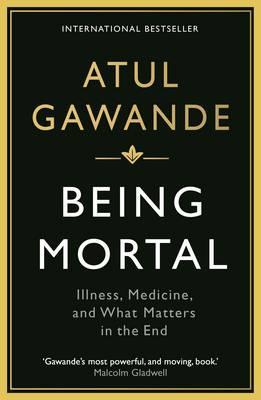 Being Mortal: Medicine and What Matters in the End– is a 2014 non-fiction book by American surgeon Atul Gawande. The book addresses end-of-life care and hospice care, and also contains Gawande’s reflections and personal stories. Being Mortal is a meditation on how people can better live with age-related frailty, serious illness, and approaching death.
Being Mortal: Medicine and What Matters in the End– is a 2014 non-fiction book by American surgeon Atul Gawande. The book addresses end-of-life care and hospice care, and also contains Gawande’s reflections and personal stories. Being Mortal is a meditation on how people can better live with age-related frailty, serious illness, and approaching death.
***************************************
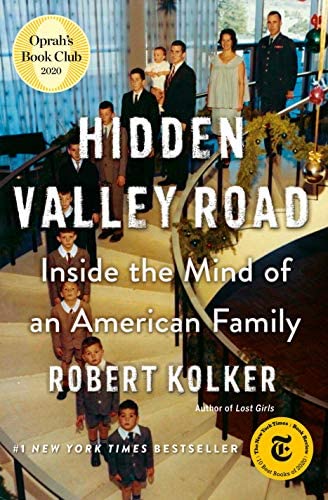 Hidden Valley Road: Inside the Mind of an American Family– It is the true story of an American family created by Don and Mimi Galvin (ten boys and two girls), six of them diagnosed with schizophrenia, that became science’s great hope in the quest to understand the disease. It is written by Robert Kolker and was published on April 7, 2020. Their story offers a history of the science of schizophrenia, from the era of institutionalization, lobotomy, and the schizophrenogenic mother to the search for genetic markers for the disease.
Hidden Valley Road: Inside the Mind of an American Family– It is the true story of an American family created by Don and Mimi Galvin (ten boys and two girls), six of them diagnosed with schizophrenia, that became science’s great hope in the quest to understand the disease. It is written by Robert Kolker and was published on April 7, 2020. Their story offers a history of the science of schizophrenia, from the era of institutionalization, lobotomy, and the schizophrenogenic mother to the search for genetic markers for the disease.
***************************************
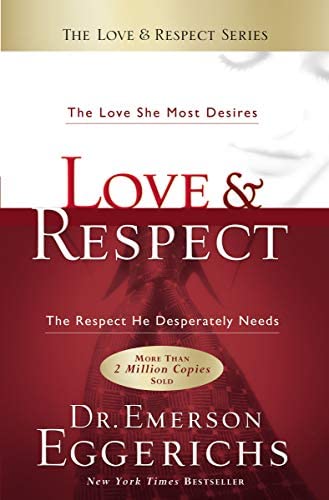 Love & Respect: The Love She Most Desires; The Respect He Desperately Needs– was written in 2004 by Dr. Emerson Eggerichs. The book was a national bestseller. Based on over three decades of counseling, as well as scientific and biblical research, Dr. Eggerichs and his wife, Sarah, have taken the Love & Respect message across America and are changing the way couples talk to, think about, and treat each other.
Love & Respect: The Love She Most Desires; The Respect He Desperately Needs– was written in 2004 by Dr. Emerson Eggerichs. The book was a national bestseller. Based on over three decades of counseling, as well as scientific and biblical research, Dr. Eggerichs and his wife, Sarah, have taken the Love & Respect message across America and are changing the way couples talk to, think about, and treat each other.
***************************************
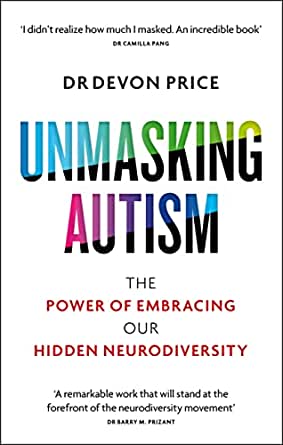 Unmasking Autism: Discovering the New Faces of Neurodiversity– This book is published on April 5, 2022. Author, Dr. Devon Price shares his personal experience with masking, social science research, prescriptions, and personal profiles to tell a story of neurodivergence. Masking is a common coping mechanism in which Autistic people hide their identifiable Autistic traits in order to fit in with societal norms. It is time to honor the needs, diversity, and unique strengths of Autistic people so that they no longer have to mask. It is time for greater public acceptance and accommodation of differences.
Unmasking Autism: Discovering the New Faces of Neurodiversity– This book is published on April 5, 2022. Author, Dr. Devon Price shares his personal experience with masking, social science research, prescriptions, and personal profiles to tell a story of neurodivergence. Masking is a common coping mechanism in which Autistic people hide their identifiable Autistic traits in order to fit in with societal norms. It is time to honor the needs, diversity, and unique strengths of Autistic people so that they no longer have to mask. It is time for greater public acceptance and accommodation of differences.
***************************************
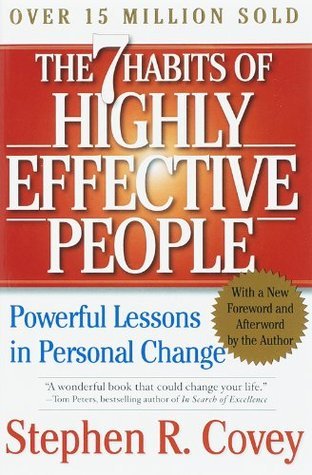 The 7 Habits of Highly Effective People: First published in 1989. It is a business and self-help book written by Stephen R. Covey. This book was wonderful education for people, education in how to live life effectively and get closer to the ideal of being a ‘success’ in life. If you implement it, there should be no aspect of your life that should go untouched. The only thing is that you have to understand these ideals and try to implement them in your life.
The 7 Habits of Highly Effective People: First published in 1989. It is a business and self-help book written by Stephen R. Covey. This book was wonderful education for people, education in how to live life effectively and get closer to the ideal of being a ‘success’ in life. If you implement it, there should be no aspect of your life that should go untouched. The only thing is that you have to understand these ideals and try to implement them in your life.
***************************************
The Silent Reformer (देह झाला चंदनाचा)
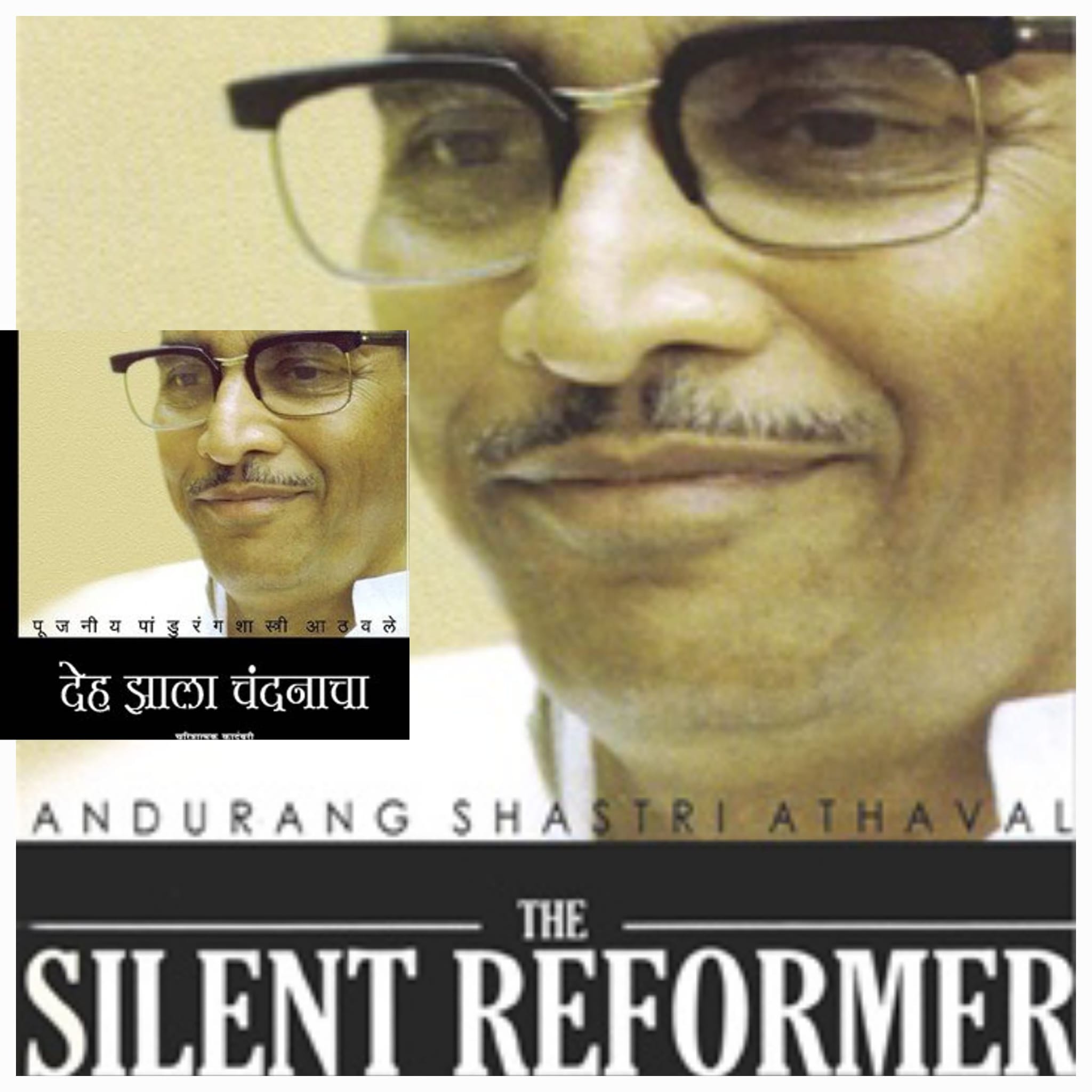
English translation of best-selling Marathi biographical novel on the life of Revered Pandurang Shastri Athavale, founder of Swadhyay Parivar, who introduced universal way of life, way of worship and way of thinking to achieve spiritual height. Pandurang Shastri (Dadaji) was an activist philosopher who formed the family (parwar) of millions of Swadhayees World-wide. This book presents firsthand information about Dada ji and has become historical document of Rev. Pandurang Shastri’s life and work.
***************************************
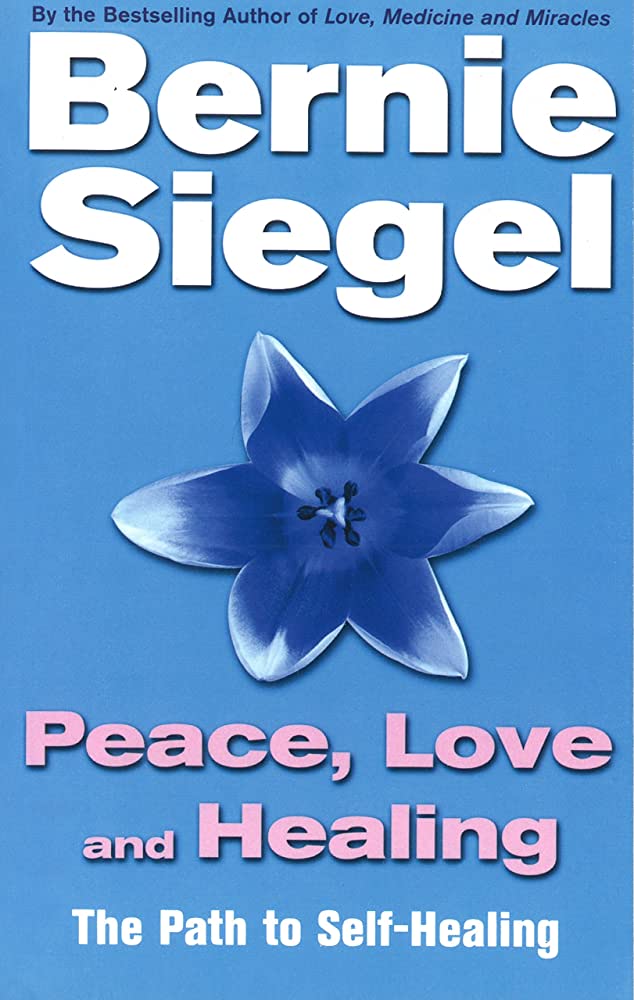
Peace, Love And Healing: The Path to Self-healing. This book explains how to give your body healing messages through the use of meditation, visualization and relaxation. Dr Siegel shows us how emotions such as love, hope, joy and peace of mind have strong physiological effects on each of us, as do depression and dispair. Peace, Love and Healing teaches us to be receptive to the messages our mind gives our body through dreams and symbols, and how to view illness as a ‘reset button’ enabling us to redirect our lives.
***************************************
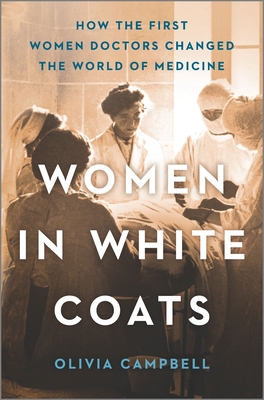 Women in White Coats: The story of three Victorian women who broke down barriers in the medical field to become the first women doctors, revolutionizing the way women receive health care. Elizabeth Blackwell, Elizabeth Garrett Anderson and Sophia Jex-Blake fought for a woman’s place in the male-dominated medical field. For the first time ever, Women in White Coats tells the complete history of these three pioneering women who, despite countless obstacles, earned medical degrees and paved the way for other women to do the same.
Women in White Coats: The story of three Victorian women who broke down barriers in the medical field to become the first women doctors, revolutionizing the way women receive health care. Elizabeth Blackwell, Elizabeth Garrett Anderson and Sophia Jex-Blake fought for a woman’s place in the male-dominated medical field. For the first time ever, Women in White Coats tells the complete history of these three pioneering women who, despite countless obstacles, earned medical degrees and paved the way for other women to do the same.
***************************************
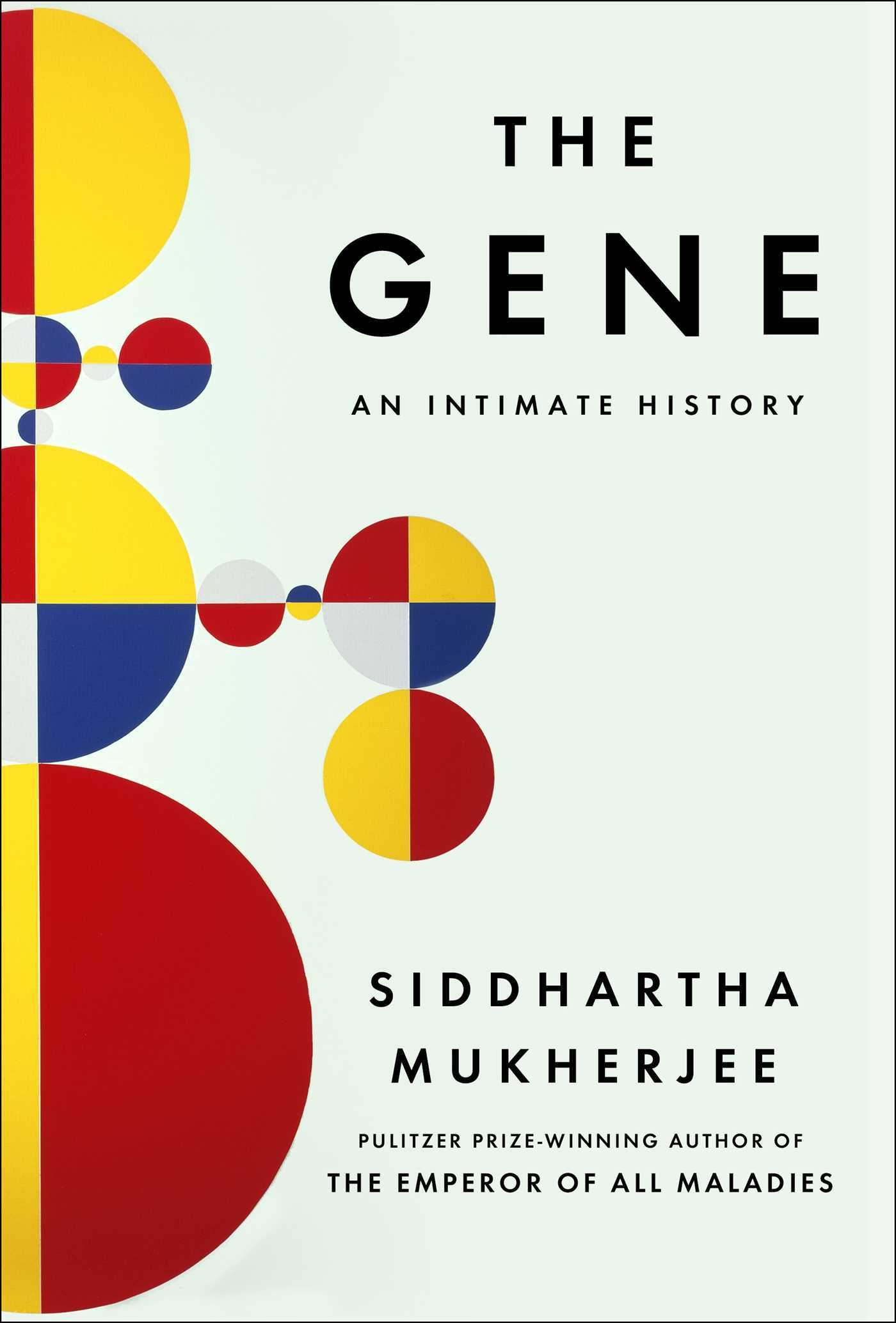 The Gene is the story of an author, Siddhartha Mukherjee’s own family and its recurring pattern of mental illness, reminding us that genetics is vitally relevant to everyday lives. The Gene gives us a definitive account of the fundamental unit of heredity – and a vision of both humanity’s past and future. This is a story driven by human ingenuity and obsessive minds – from Charles Darwin and Gregor Mendel to Francis Crick, James Watson and Rosalind Franklin, and the thousands of scientists still working to understand the code of codes.
The Gene is the story of an author, Siddhartha Mukherjee’s own family and its recurring pattern of mental illness, reminding us that genetics is vitally relevant to everyday lives. The Gene gives us a definitive account of the fundamental unit of heredity – and a vision of both humanity’s past and future. This is a story driven by human ingenuity and obsessive minds – from Charles Darwin and Gregor Mendel to Francis Crick, James Watson and Rosalind Franklin, and the thousands of scientists still working to understand the code of codes.
***************************************
 Emotional Intelligence: Why It Can Matter More Than IQ–
Emotional Intelligence: Why It Can Matter More Than IQ–
Everyone knows that high IQ is no guarantee of success, happiness, or virtue, but until Emotional Intelligence, we could only guess why. Daniel Goleman’s brilliant report from the frontiers of psychology and neuroscience offers startling new insight into our “two minds”—the rational and the emotional—and how they together shape our destiny. Goleman shows the factors at work when people of high IQ flounder and those of modest IQ do surprisingly well. These factors, which include self-awareness, self-discipline, and empathy, add up to a different way of being smart—and they aren’t fixed at birth.
***************************************
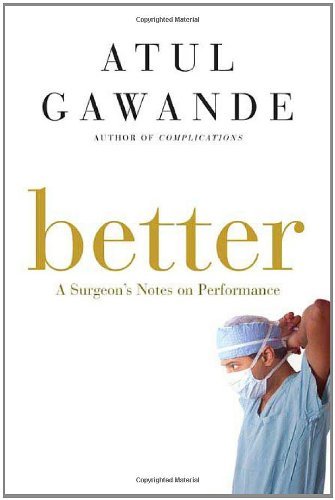 Better: A Surgeon’s Notes on Performance– Atul Gawande explores how doctors strive to close the gap between best intentions and best performance in the face of obstacles that sometimes seem insurmountable. Gawande’s gripping stories of diligence, ingenuity, and what it means to do right by people take us to battlefield surgical tents in Iraq, to labor and delivery rooms in Boston, to a polio outbreak in India, and to malpractice courtrooms around the country.
Better: A Surgeon’s Notes on Performance– Atul Gawande explores how doctors strive to close the gap between best intentions and best performance in the face of obstacles that sometimes seem insurmountable. Gawande’s gripping stories of diligence, ingenuity, and what it means to do right by people take us to battlefield surgical tents in Iraq, to labor and delivery rooms in Boston, to a polio outbreak in India, and to malpractice courtrooms around the country.
***************************************
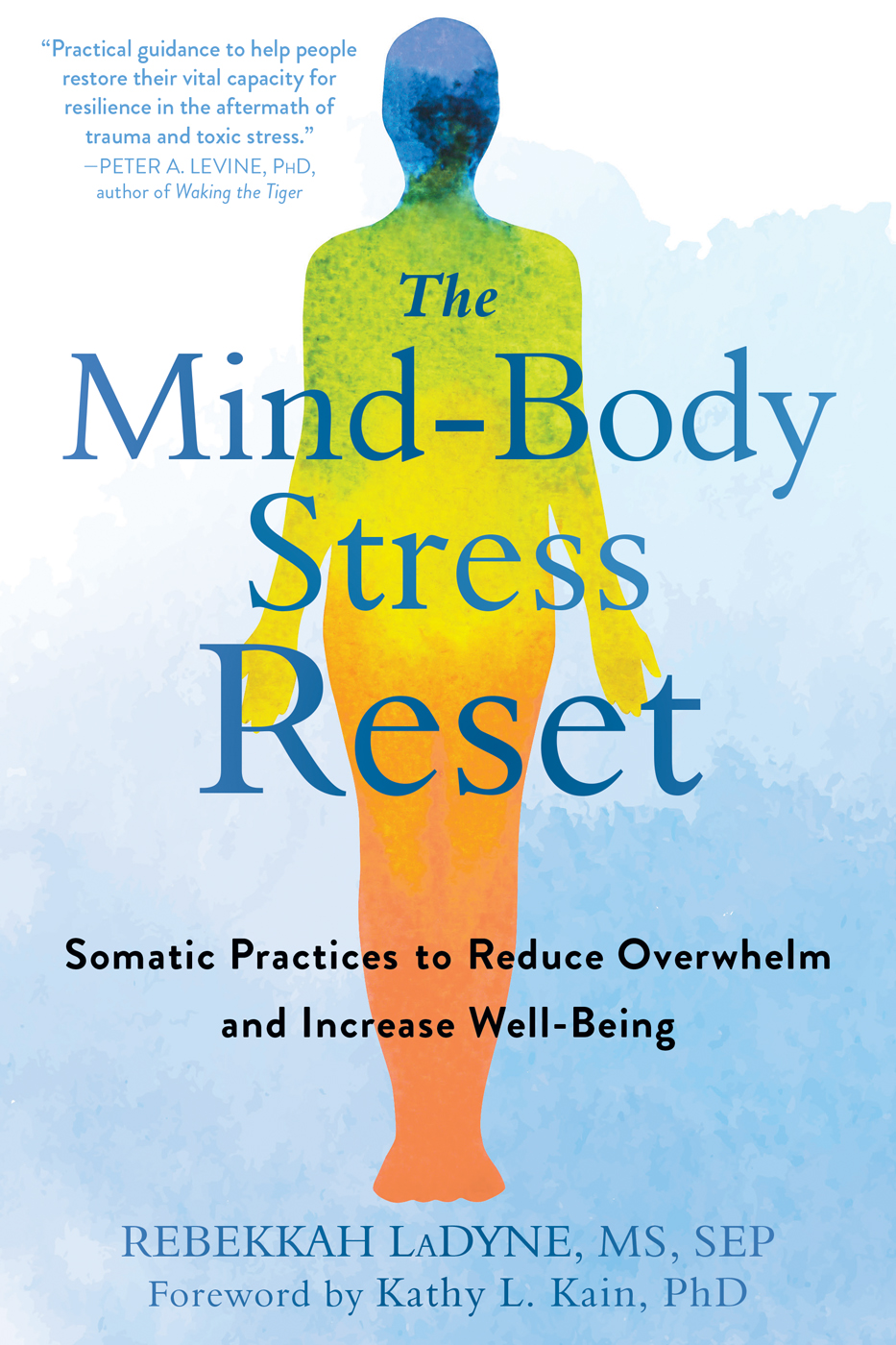
The Mind-Body Stress Reset: In this practical and accessible guide, you’ll find powerful and effective tools for calming stress in both mind and body. Based on the innovative Mind-Body Reset (MBR) program, you’ll learn how to stop stress in its tracks with simple somatic exercises. You’ll also discover how you can “reset” your nervous system, alleviate stress flare-ups, and boost your overall health and happiness.
***************************************

Sisters of Mokama is a book by Jyoti Thottam about six Kentucky nuns who built a hospital in India in 1947. The nuns were from the Sisters of Charity of Nazareth. They traveled to Mokama, India at the end of World War II. The book describes the end of World War II and India’s independence movement. It also shows the first 20 years of post-Partition India through the eyes of American and Indian women.
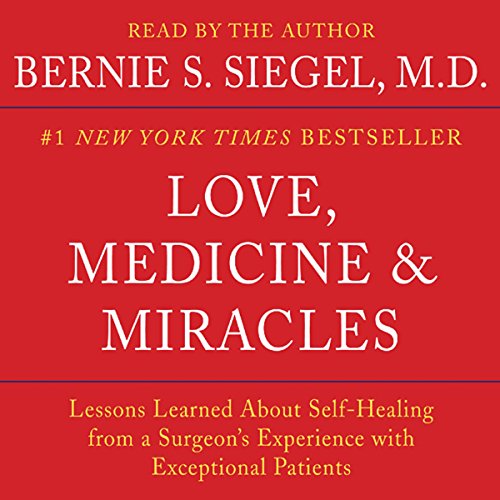 Love, Medicine and Miracles: Surgeon Bernie S. Siegel gives an inspirational, first-hand account of how patients can participate in their own recovery. Unconditional love is the most powerful stimulant of the immune system. The truth is: love heals. Miracles happen to exceptional patients every day—patients who have the courage to love, those who have the courage to work with their doctors to participate in and influence their own recovery.
Love, Medicine and Miracles: Surgeon Bernie S. Siegel gives an inspirational, first-hand account of how patients can participate in their own recovery. Unconditional love is the most powerful stimulant of the immune system. The truth is: love heals. Miracles happen to exceptional patients every day—patients who have the courage to love, those who have the courage to work with their doctors to participate in and influence their own recovery.
***************************************
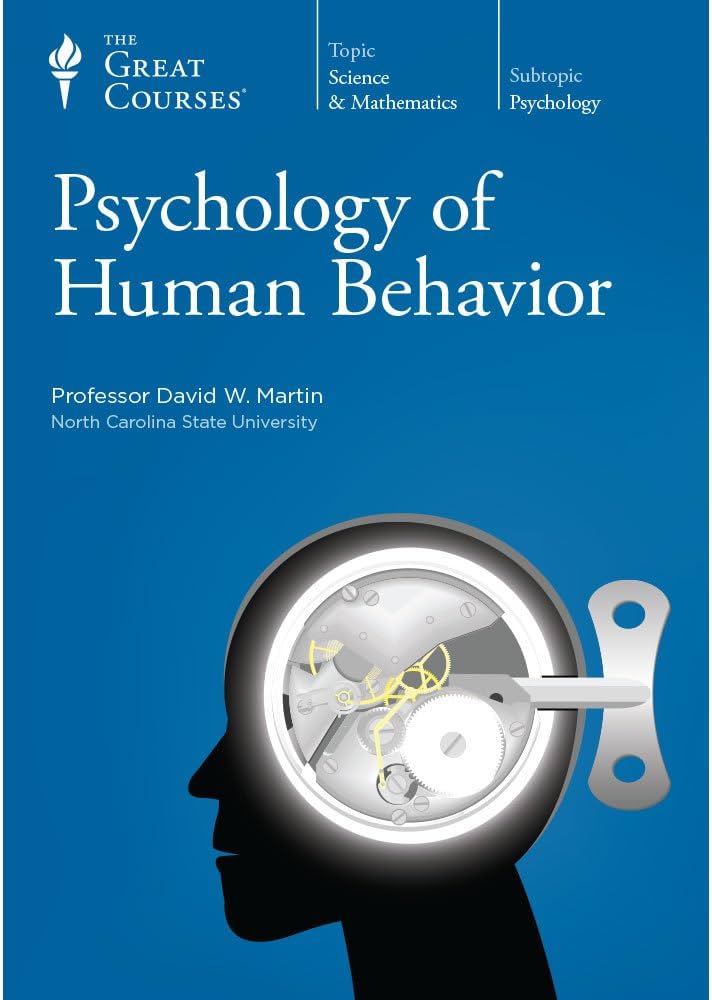 Psychology of Human Behavior: Curiosity about the human mind is something Professor David W. Martin believes is present in just about everyone – even if we don’t always realize it. Psychology is about human behavior: what we do and why we do it. The Psychology of Human Behavior has easy-to-follow 36 chapters introducing introduces topics as varied as major types of mental disorders; the different kinds of physical, behavioral, and “talking” therapies available to treat them.
Psychology of Human Behavior: Curiosity about the human mind is something Professor David W. Martin believes is present in just about everyone – even if we don’t always realize it. Psychology is about human behavior: what we do and why we do it. The Psychology of Human Behavior has easy-to-follow 36 chapters introducing introduces topics as varied as major types of mental disorders; the different kinds of physical, behavioral, and “talking” therapies available to treat them.
***************************************
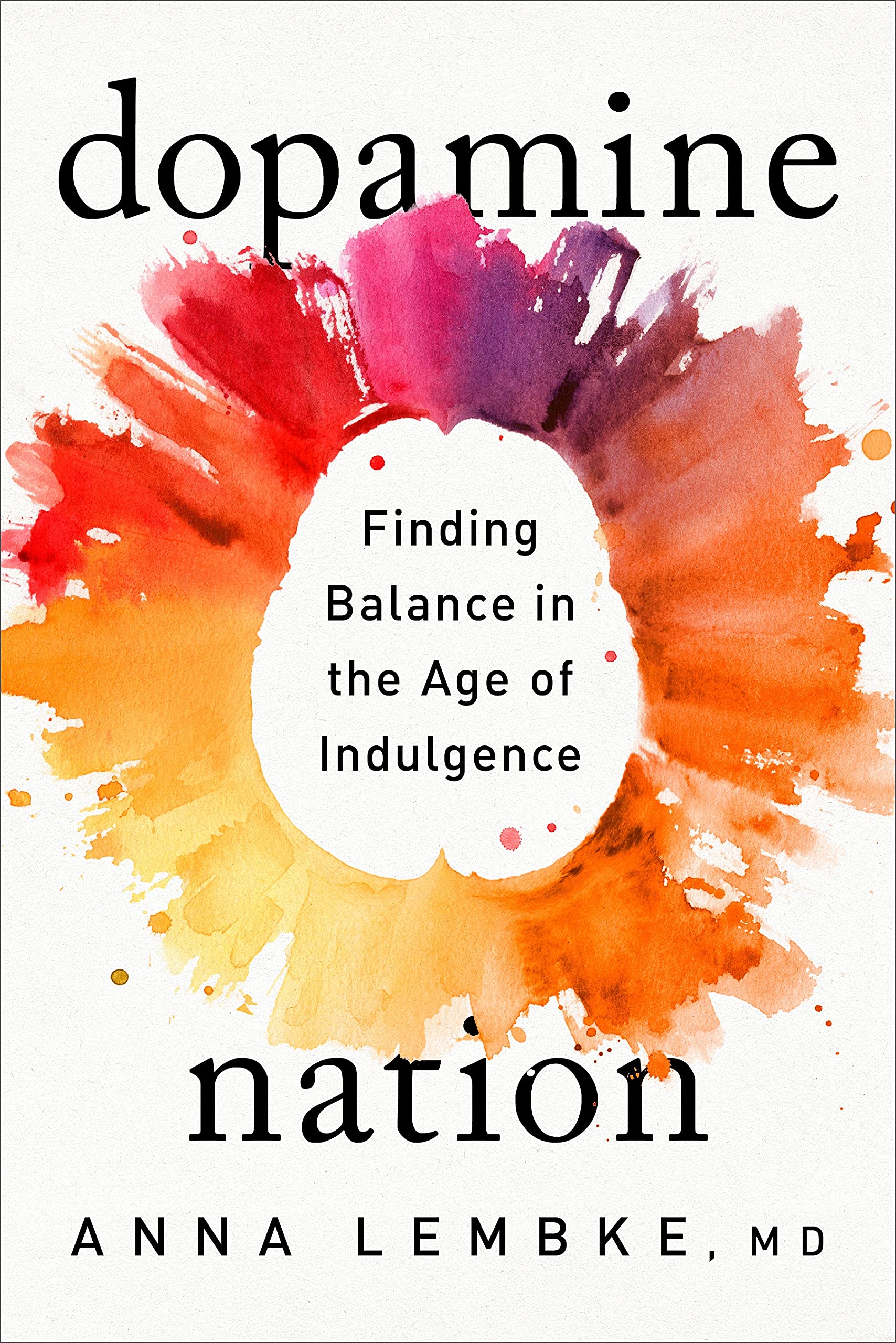 Dopamine Nation: Finding Balance in the Age of Indulgence: In Dopamine Nation, Dr. Anna Lembke, psychiatrist and author, explores the exciting new scientific discoveries that explain why the relentless pursuit of pleasure leads to pain and what to do about it. We are living in a time of unprecedented access to high-reward, high-dopamine stimuli: drugs, food, news, gambling, shopping, gaming, texting, sexting, Facebooking, Instagramming, YouTubing, tweeting. The smartphone is the modern-day hypodermic needle, delivering digital dopamine 24/7 for a wired generation.
Dopamine Nation: Finding Balance in the Age of Indulgence: In Dopamine Nation, Dr. Anna Lembke, psychiatrist and author, explores the exciting new scientific discoveries that explain why the relentless pursuit of pleasure leads to pain and what to do about it. We are living in a time of unprecedented access to high-reward, high-dopamine stimuli: drugs, food, news, gambling, shopping, gaming, texting, sexting, Facebooking, Instagramming, YouTubing, tweeting. The smartphone is the modern-day hypodermic needle, delivering digital dopamine 24/7 for a wired generation.
***************************************
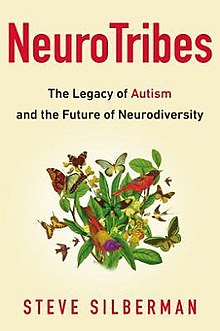 NeuroTribes: The Legacy of Autism and the Future of Neurodiversity-by Steve Silberman.
NeuroTribes: The Legacy of Autism and the Future of Neurodiversity-by Steve Silberman.
Silberman provides long-sought solutions to the autism puzzle. Along the way, he reveals the untold story of Hans Asperger, the father of Asperger’s syndrome, whose “little professors” were targeted by the darkest social-engineering experiment in human history; exposes the covert campaign by child psychiatrist Leo Kanner to suppress knowledge of the autism spectrum for fifty years; and casts light on the growing movement of “neurodiversity” activists.
***************************************
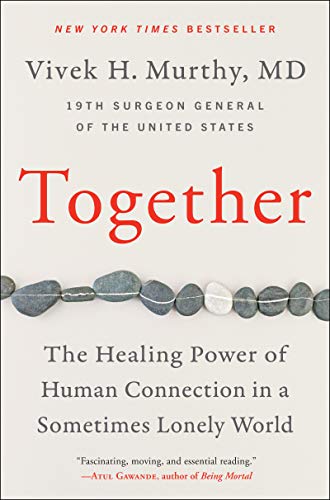 Together: By Vivek Murthy. In Together, the former Surgeon General will address the importance of community and connection and offer viable and actionable solutions to this overlooked epidemic. Author states that loneliness is the underpinning to the current crisis in mental wellness and is responsible for the upsurge in suicide, the opioid epidemic, the overuse of psych meds, the over-diagnosing and pathologizing of emotional and psychological struggle. The good news is that social connection is innate and a cure for loneliness.
Together: By Vivek Murthy. In Together, the former Surgeon General will address the importance of community and connection and offer viable and actionable solutions to this overlooked epidemic. Author states that loneliness is the underpinning to the current crisis in mental wellness and is responsible for the upsurge in suicide, the opioid epidemic, the overuse of psych meds, the over-diagnosing and pathologizing of emotional and psychological struggle. The good news is that social connection is innate and a cure for loneliness.
***************************************
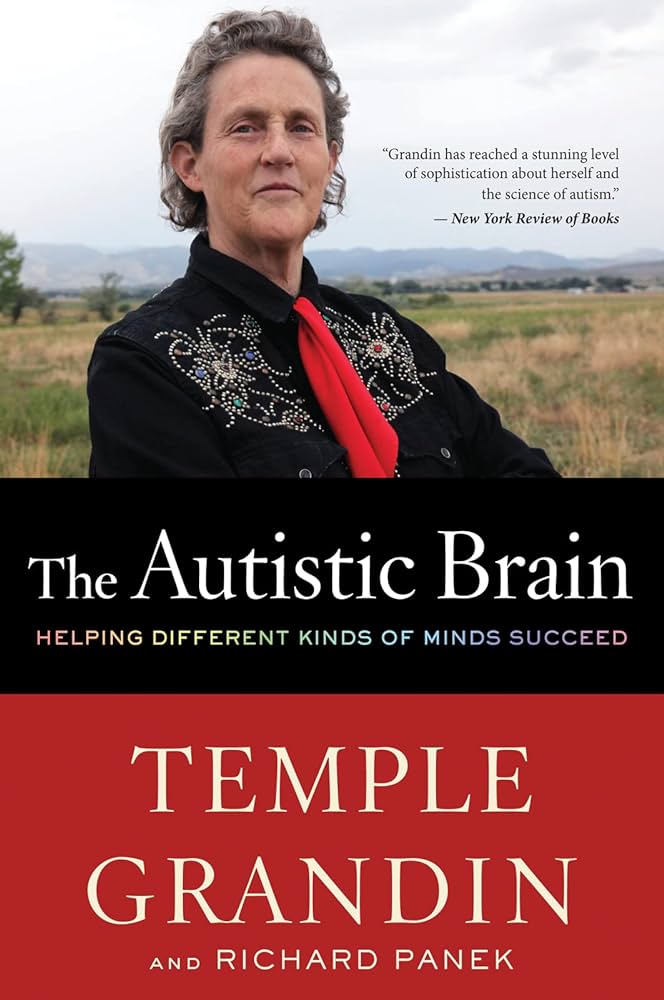 The Autistic Brain: Thinking Across the Spectrum: By Temple Grandin and Richard Panek
The Autistic Brain: Thinking Across the Spectrum: By Temple Grandin and Richard Panek
Grandin introduces the neuroimaging advances and genetic research that link brain science to behavior, even sharing her own brain scan to show us which anomalies might explain common symptoms. Grandin also highlights long-ignored sensory problems and the transformative effects we can have by treating autism symptom by symptom, rather than with an umbrella diagnosis.
***************************************
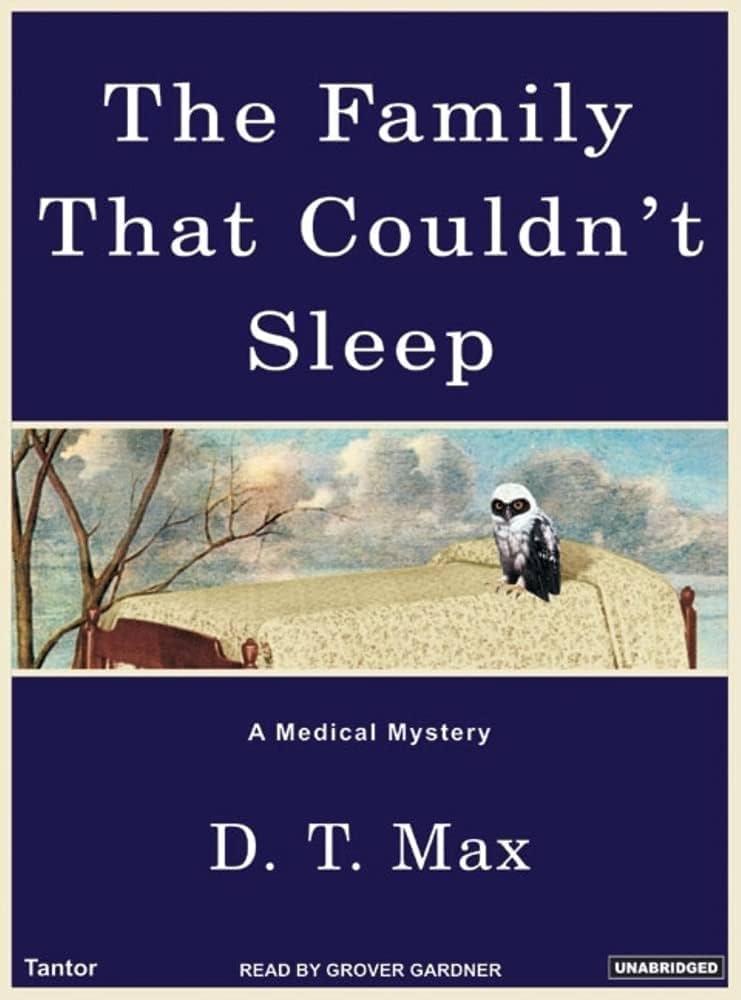 The Family That Couldn’t Sleep-by D.T.Max. In The Family That Couldn’t Sleep, essayist and journalist D. T. Max tells the spellbinding story of the prion’s hidden past and deadly future. Prions are ordinary proteins that sometimes go wrong, resulting in neurological illnesses that are always fatal. Even more mysterious and frightening, prions are almost impossible to destroy because they are not alive and have no DNA–and the diseases they bring are now spreading around the world. ***************************************
The Family That Couldn’t Sleep-by D.T.Max. In The Family That Couldn’t Sleep, essayist and journalist D. T. Max tells the spellbinding story of the prion’s hidden past and deadly future. Prions are ordinary proteins that sometimes go wrong, resulting in neurological illnesses that are always fatal. Even more mysterious and frightening, prions are almost impossible to destroy because they are not alive and have no DNA–and the diseases they bring are now spreading around the world. ***************************************
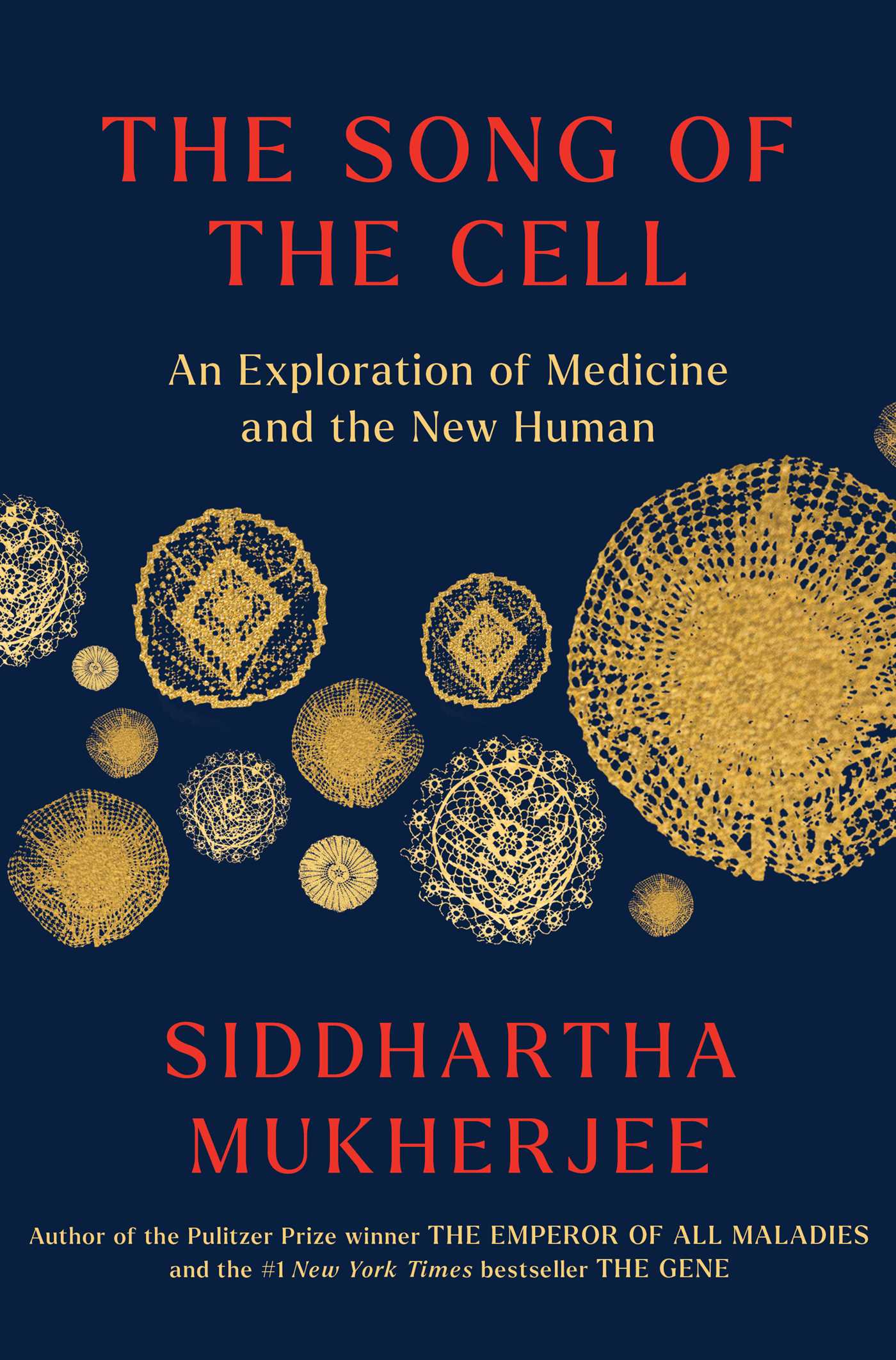
The Song of the Cell: An exploration of medicine and the new human– by Siddhartha Mukherjee The discovery of cells and the reframing of the human body as a cellular ecosystem—announced the birth of a new kind of medicine based on the therapeutic manipulations of cells. A hip fracture, a cardiac arrest, Alzheimer’s dementia, AIDS, pneumonia, lung cancer, kidney failure, arthritis, COVID pneumonia—all could be reconceived as the results of cells, or systems of cells, functioning abnormally.
***************************************
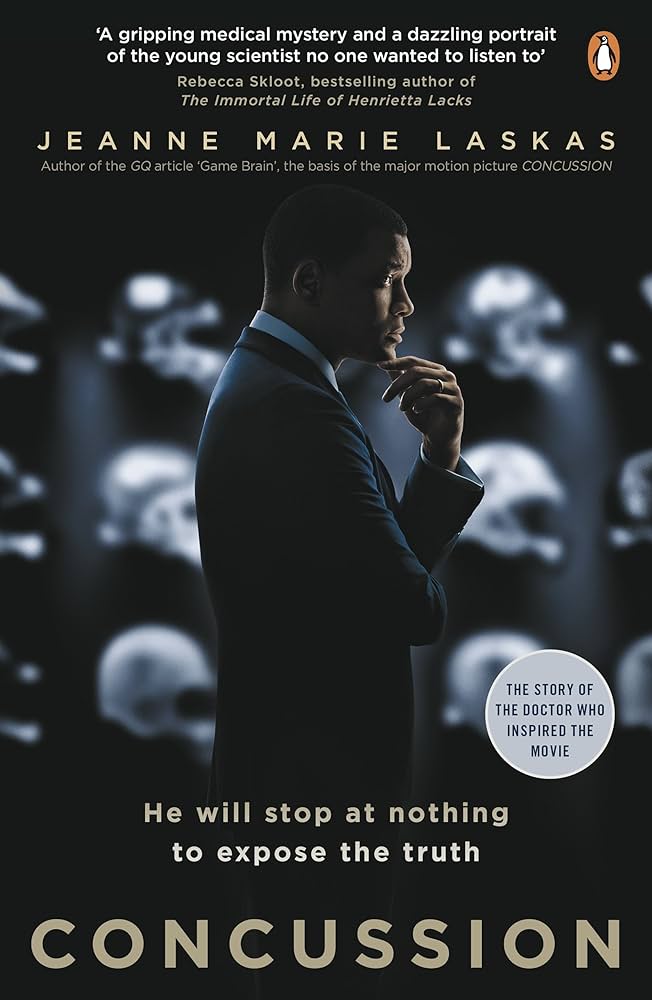 Concussion-by Jeanne Marie Laskas. Dr. Bennet Omalu, the young forensic pathologist, discovered something he could not ignore. The NFL tried to silence him. Omalu was new to America, chasing the dream, a deeply spiritual man escaping the wounds of civil war in Nigeria. What Omalu discovered in Webster’s brain, an American football player, proof that Iron Mike’s mental deterioration was no accident but a disease caused by blows to the head that could affect everyone playing the game—was the one truth the NFL wanted to ignore. Concussion is the stirring story of one man’s decision to stand up to a multibillion-dollar colossus, and to tell the world the truth.
Concussion-by Jeanne Marie Laskas. Dr. Bennet Omalu, the young forensic pathologist, discovered something he could not ignore. The NFL tried to silence him. Omalu was new to America, chasing the dream, a deeply spiritual man escaping the wounds of civil war in Nigeria. What Omalu discovered in Webster’s brain, an American football player, proof that Iron Mike’s mental deterioration was no accident but a disease caused by blows to the head that could affect everyone playing the game—was the one truth the NFL wanted to ignore. Concussion is the stirring story of one man’s decision to stand up to a multibillion-dollar colossus, and to tell the world the truth.
***************************************
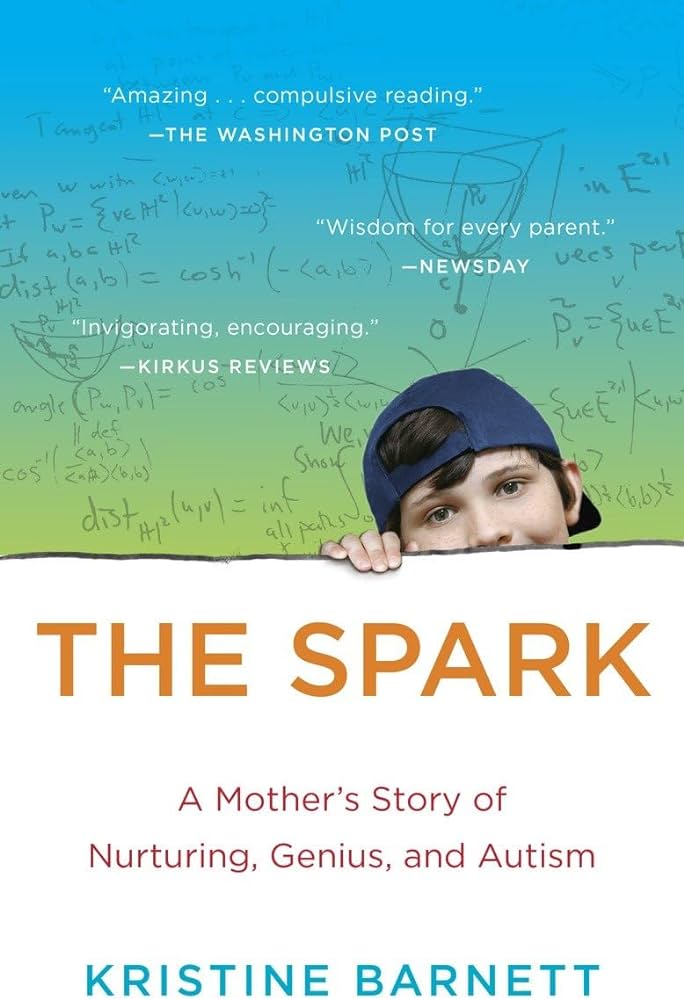 The Spark: A Mother’s Story of Nurturing Genius– by Kristine Barnett
The Spark: A Mother’s Story of Nurturing Genius– by Kristine Barnett
The Spark is a remarkable memoir of mother and son. Kristine Barnett’s son Jacob has an IQ higher than Einstein’s, a photographic memory, and he taught himself calculus in two weeks. Why concentrate on what he couldn’t do? Why not focus on what he could? This basic philosophy, along with her belief in the power of ordinary childhood experiences, helped Kristine overcome huge odds.
***************************************
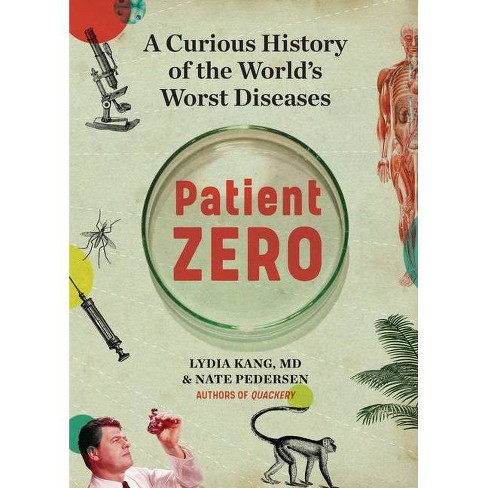 Patient Zero: A Curious History of the World’s Worst Diseases by Lydia Kang, Nate Pedersen.
Patient Zero: A Curious History of the World’s Worst Diseases by Lydia Kang, Nate Pedersen.
This book tells the long and fascinating history of disease outbreaks—how they start, how they spread, the science that lets us understand them, and how we race to destroy them before they destroy us. It describes the human stories behind outbreaks, with historical examinations of missteps, milestones, scientific theories, and more.
***************************************
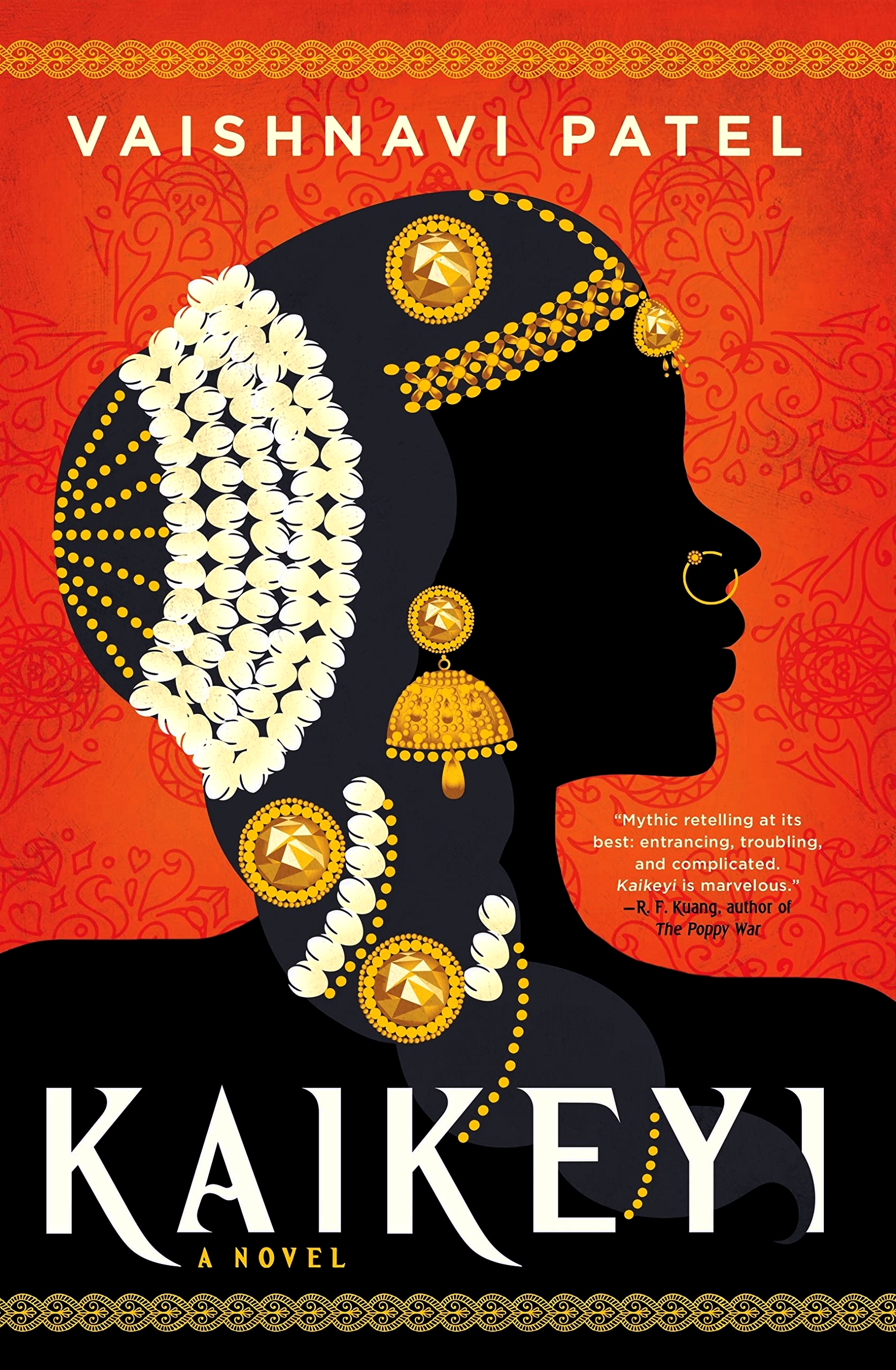 Kaikeyi -by Vaishnavi Patel, Nominee for best debut novel (2022)
Kaikeyi -by Vaishnavi Patel, Nominee for best debut novel (2022)
Kaikeyi is a queen from the Indian epic, Ramayana. This novel is her story covering her life from childhood through the immediate aftermath of her choice to exile Ram, one of her adult sons. It details how she learned at a young age just how unfair the world is to women and girls, from the banishment of her own mother to the differences between how she and her twin brother were treated.
***************************************
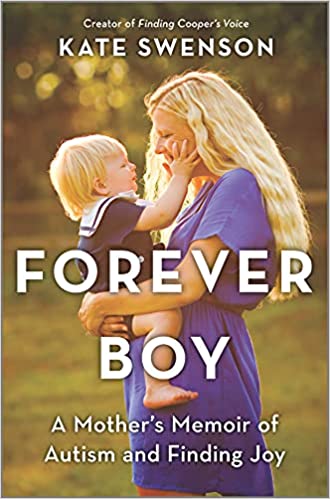 Forever Boy: A Mother’s Memoir of Autism and Finding Joy- By Kate Swenson
Forever Boy: A Mother’s Memoir of Autism and Finding Joy- By Kate Swenson
When Kate Swenson’s son Cooper was diagnosed with severe, nonverbal autism, her world stopped. With her popular blog, Finding Cooper’s Voice, Kate Swenson has provided hope and comfort for hundreds of thousands of parents of children with Autism. Now, Kate shares her inspiring story in this powerful memoir about motherhood and unconditional love.
***************************************
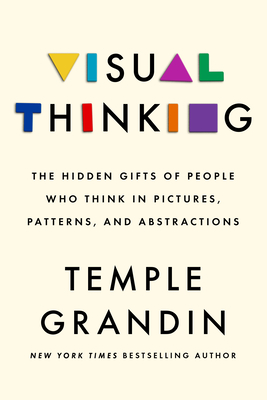 Visual Thinking: The Hidden Gifts of People Who Think in Pictures, Patterns, and Abstractions- By Temple Grandin
Visual Thinking: The Hidden Gifts of People Who Think in Pictures, Patterns, and Abstractions- By Temple Grandin
Do you have a keen sense of direction, a love of puzzles, the ability to assemble furniture without crying? You are likely a visual thinker. Visual thinkers constitute a far greater proportion of the population than previously believed. She makes us understand how a world increasingly geared to the verbal tends to sideline visual thinkers, screening them out at school and passing over them in the workplace.
***************************************
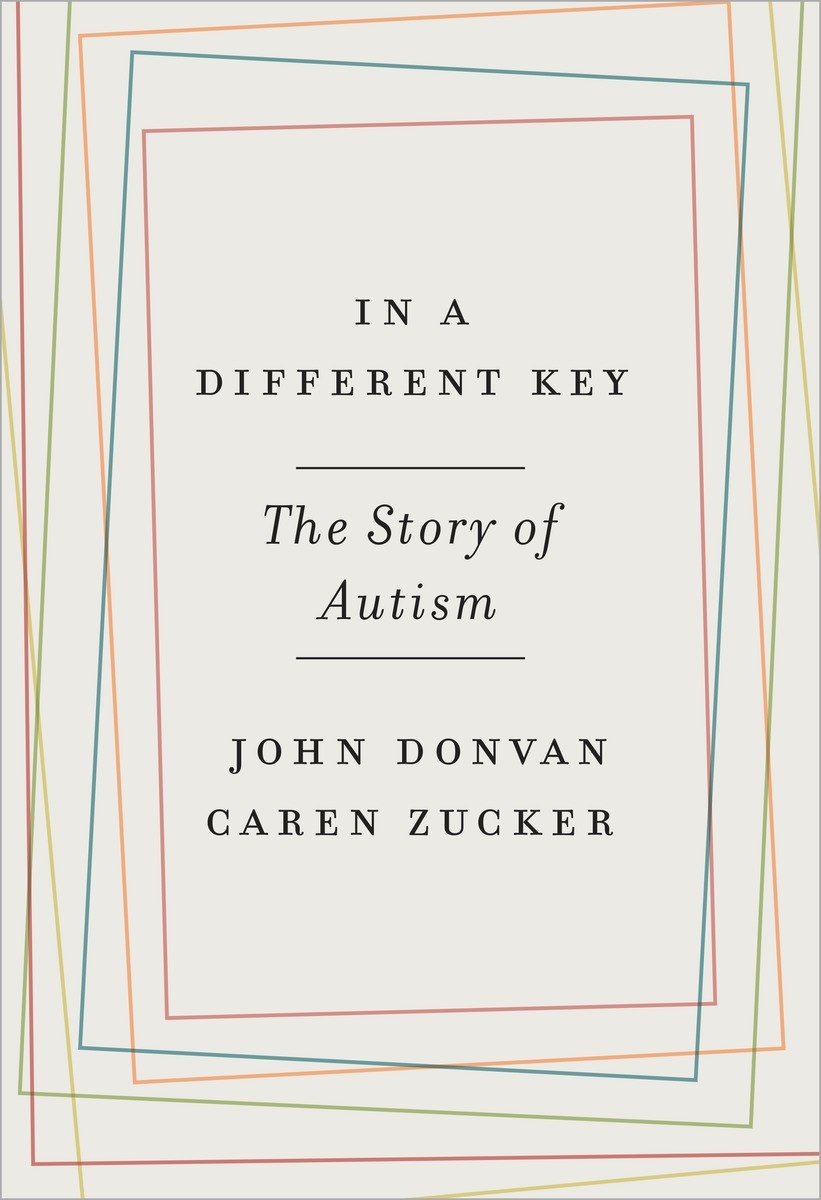 In a Different Key: The Story of Autism– by John Donvan, Caren Zucker.
In a Different Key: The Story of Autism– by John Donvan, Caren Zucker.
This is a 2016 non-fiction book which discusses the history of autism and autism advocacy, including issues such as the Refrigerator mother theory and the possibility of an autism epidemic. Donald Triplett, perhaps the first person diagnosed with autism, and psychiatrist Leo Kanner are also covered, as is the ongoing debate concerning the neurodiversity movement, especially with respect to autistic people with more apparent support needs.
***************************************
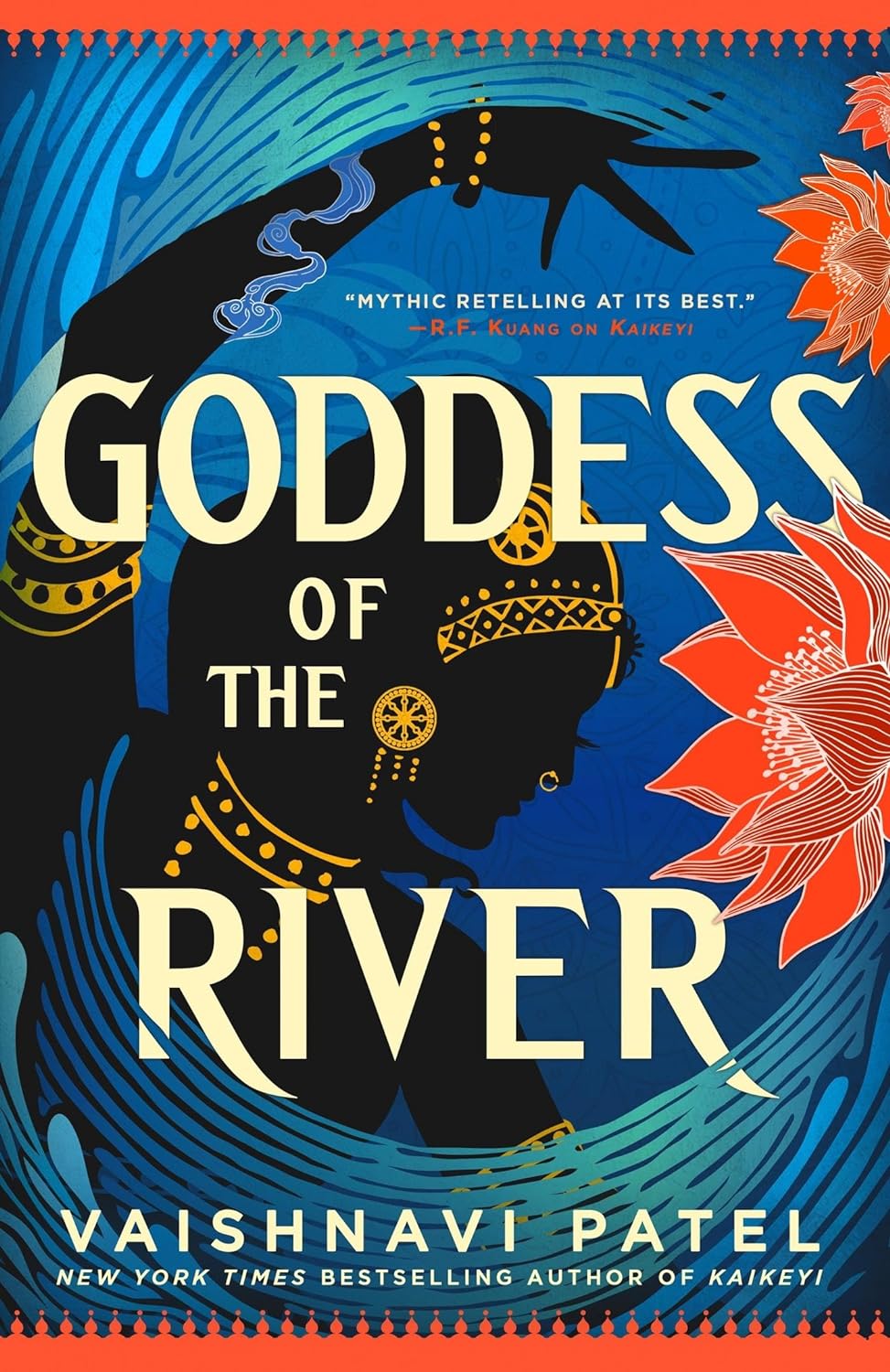 Goddess of the River-by Vaishnavi Patel
Goddess of the River-by Vaishnavi Patel
A powerful reimagining of the story of Ganga, goddess of the river, and her doomed mortal son, from Vaishnavi Patel, author of the instant New York Times bestseller Kaikeyi.
A mother and a son. A goddess and a prince. A curse and an oath. A river whose course will change the fate of the world.
***************************************
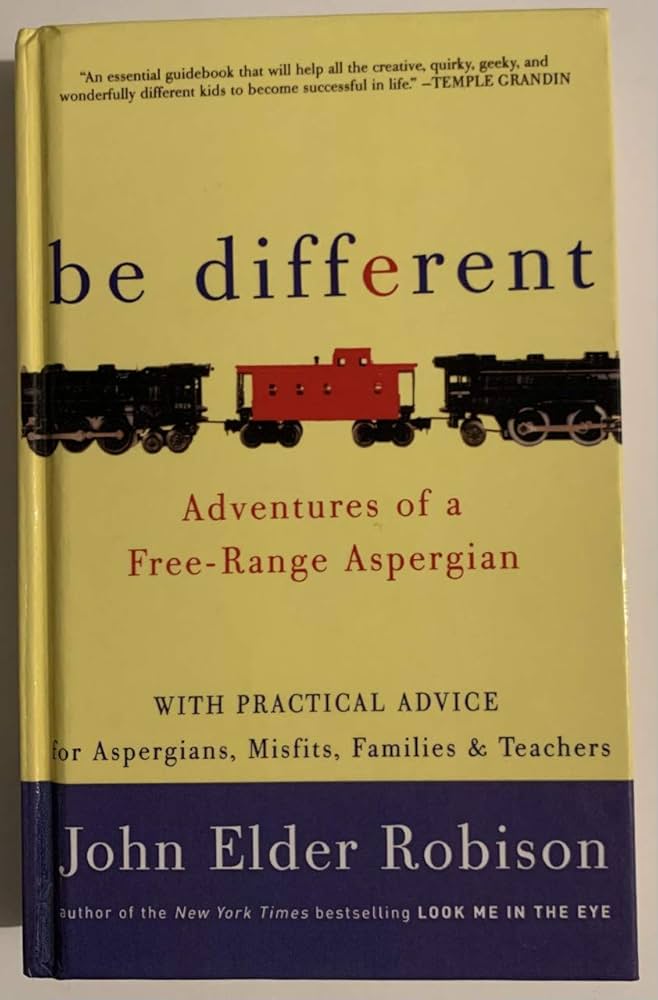 Be different-by John Elder Robison.
Be different-by John Elder Robison.
Author described growing up with Autism Spectrum Disorder at a time when the diagnosis didn’t exist. He was intelligent but socially isolated. He offers practical advice for anyone who feels “different” on how to improve the weak communication and social skills that keep so many people from taking full advantage of their often-remarkable gifts.
***************************************
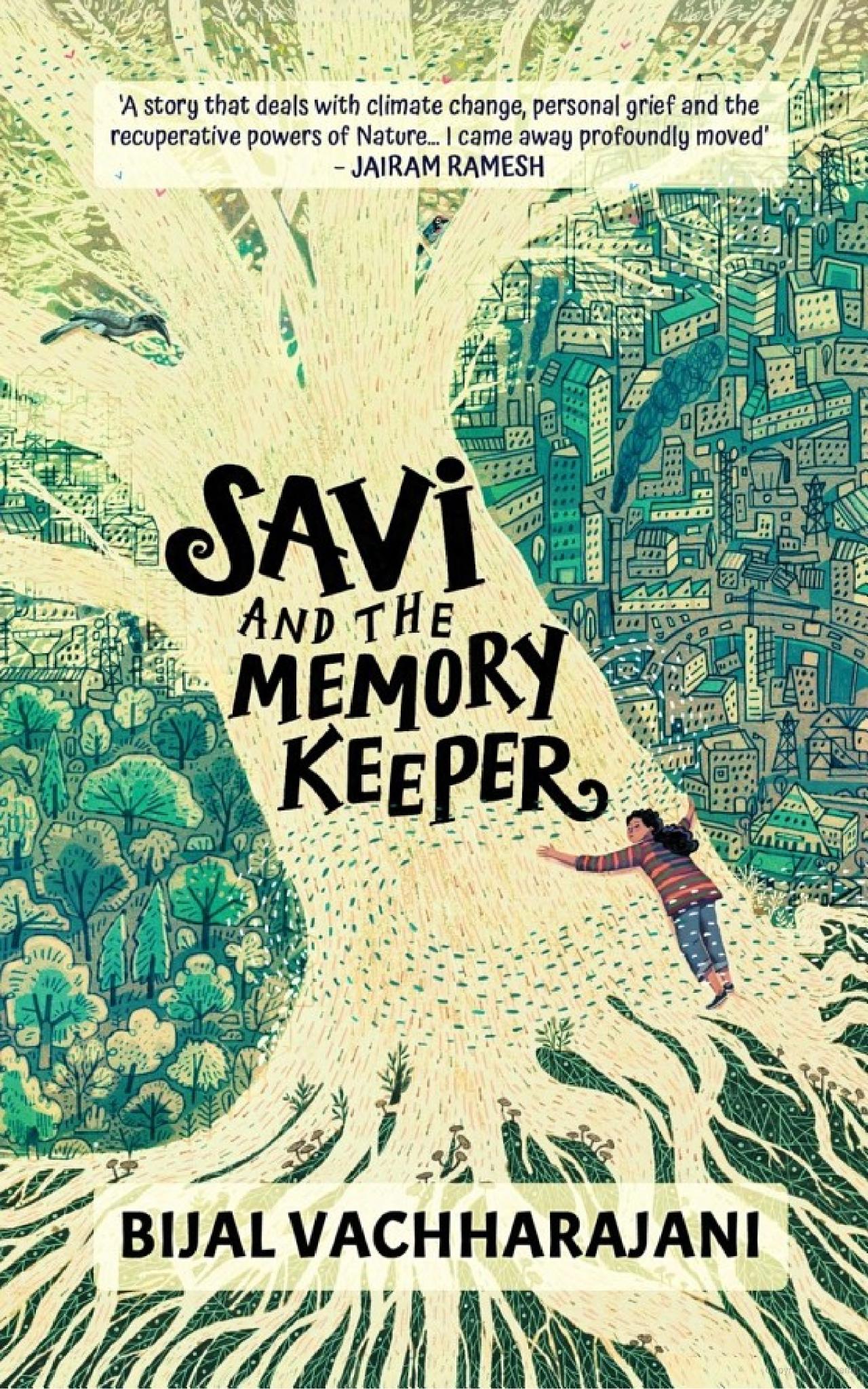 Savi and the Memory Keeper– by Bijal Vachharajani
Savi and the Memory Keeper– by Bijal Vachharajani
Funny, thoughtful, and deeply moving–with a unique blend of fantasy and actual science–this novel explores both personal grief in the face of family loss and collective grief in the face of climate crisis, and how the only way to move forward is through friendship of all kinds.
***************************************
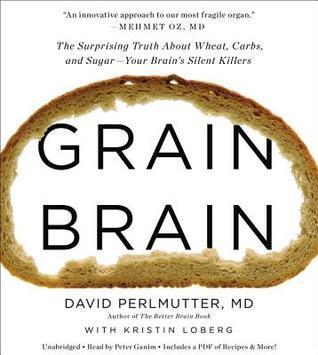 Grain Brain-by Dr. David Perlmutter
Grain Brain-by Dr. David Perlmutter
Groundbreaking and timely, Grain Brain shows that the fate of your brain is not in your genes, it’s in the food you eat. Dr. Perlmutter explains what happens when your brain encounters common ingredients in fruit bowls and bread, how statins may be erasing your memory, why a diet high in “good fats” is ideal, and how to spur the growth of new brain cells at any age.
***************************************
 When Brains Dream-by Antonio Zadra and Robert Stickgold
When Brains Dream-by Antonio Zadra and Robert Stickgold
When Brains Dream addresses the core questions about dreams while illuminating the most up-to-date science in the field. Why do we dream? Do dreams hold psychological meaning or are they merely the reflection of random brain activity? What purpose do dreams serve?
***************************************
 I’ll Just Be Five More Minutes-by Emily Farris
I’ll Just Be Five More Minutes-by Emily Farris
This is a powerful collection of deeply relatable, wide-ranging stories about a woman’s right to control her own body, about overwhelm and oversharing, about drinking too much and sleeping too little, and about being misunderstood by the people closest to you.
***************************************
 Never Enough– by Judith Grisel
Never Enough– by Judith Grisel
Addiction is epidemic and catastrophic. Grisel’s insights lead to a better understanding of the brain’s critical contributions to addictive behavior, and will help inform a more rational, coherent, and compassionate response to the epidemic in our homes and communities.
***************************************
 The Philadelphia Chromosome-by Jessica Wapner, Robert A. Weinberg
The Philadelphia Chromosome-by Jessica Wapner, Robert A. Weinberg
In 1990, the PHILADELPHIA CHROMOSOME was recognized as the sole cause of a deadly blood cancer, chronic myeloid leukemia, or CML. This dramatic discovery launched a race involving doctors and researchers around the world, who recognized that in principle it might be possible to target CML at its genetic source.
***************************************
 Surrounded by Idiots-by Thomas Erikson
Surrounded by Idiots-by Thomas Erikson
Surrounded by Idiots is full of practical information for interacting with people based on their color, including the strengths and weaknesses of all the profiles, how to give positive and negative feedback to each, and the best way to word an email when writing to someone with a different profile.
***************************************
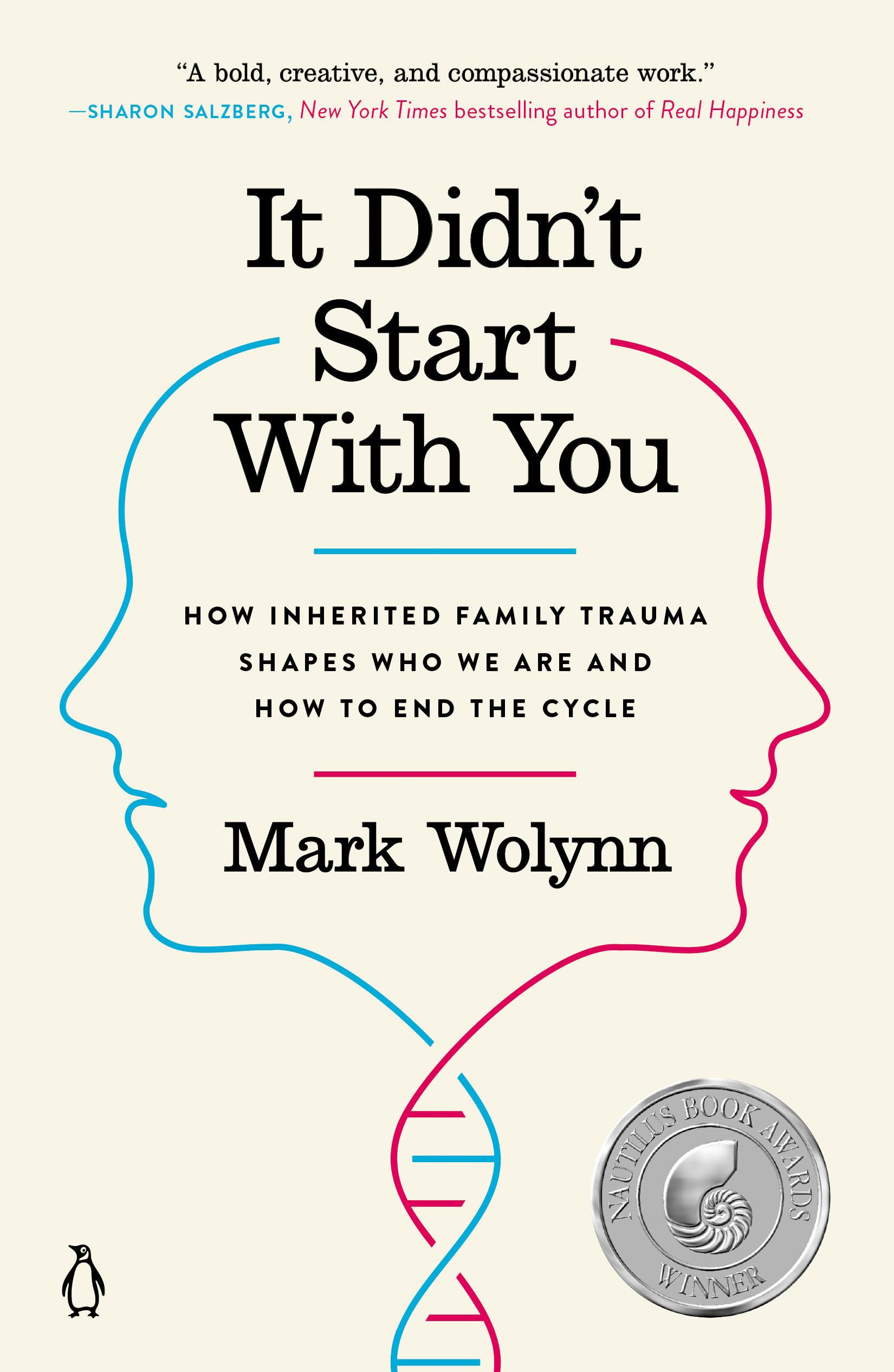
It Didn’t Start with You: How Inherited Family Trauma Shapes Who We Are and How to End the Cycle-By Mark Wolynn
A groundbreaking approach to transforming traumatic legacies passed down in families over generations. The emotional legacies are often hidden, encoded in everything from gene expression to everyday language, and they play a far greater role in our emotional and physical health than has ever before been understood.
***************************************
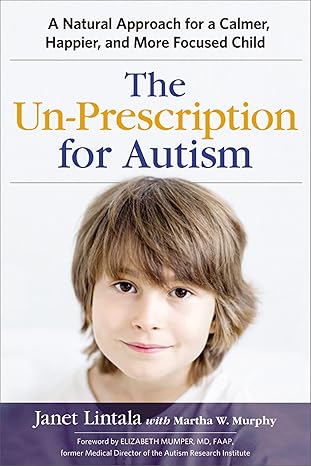 The Un-Prescription for Autism: A Natural Approach for a Calmer, Happier, and More Focused Child- by Janet Lintala and Martha Murphy
The Un-Prescription for Autism: A Natural Approach for a Calmer, Happier, and More Focused Child- by Janet Lintala and Martha Murphy
Your child deserves to get a good night’s sleep, be in a good mood, and feel their best, like any other child.?Award-winning author, speaker, mom, and clinician Dr. Janet Lintala details how to help your constipated, irritable, sleep-deprived autistic child. The Un-Prescription for Autism provides hundreds of research citations, clear explanations, detailed protocols, and stories from Dr. Lintala’s clinic to help parents act quickly to restore their child’s health, self-control, and language.
***************************************
 The Prodigy’s Cousin: The Family Link Between Autism and Extraordinary Talent-by Joanne Ruthsatz, Kimberly Stephens
The Prodigy’s Cousin: The Family Link Between Autism and Extraordinary Talent-by Joanne Ruthsatz, Kimberly Stephens
Ruthsatz and her daughter and coauthor, Kimberly Stephens, now propose a startling possibility: What if the abilities of child prodigies stem from a genetic link with autism? This inspiring tale of extraordinary children, indomitable parents, and a researcher’s unorthodox hunch is essential reading for anyone interested in the brain and human potential. Ruthsatz and Stephens take us from the prodigies’ homes to the depths of the autism archives to the cutting edge of genetics research, all while upending our understanding of what makes exceptional talent possible.
***************************************
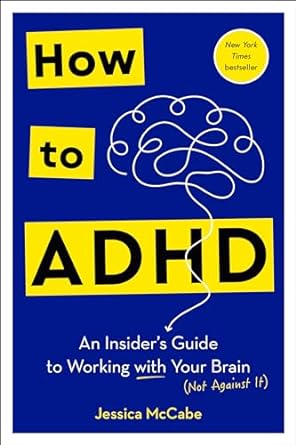 How to ADHD: An Insider’s Guide to Working with Your Brain-By Jessica McCabe
How to ADHD: An Insider’s Guide to Working with Your Brain-By Jessica McCabe
Diagnosed with ADHD at age twelve, Jessica struggled with a brain that she didn’t understand. Jessica reveals the tools that have changed her life while offering an unflinching look at the realities of living with ADHD. How to ADHD will help you recognize your strengths and challenges, tackle “bad brain days,” and be kinder to yourself in the process.
***************************************
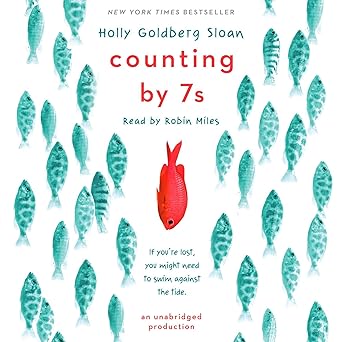 Counting by 7s– By Holly Goldberg Sloan
Counting by 7s– By Holly Goldberg Sloan
Willow Chance is a twelve-year-old genius, obsessed with nature and diagnosing medical conditions, who finds it comforting to count by 7s. Suddenly Willow’s world is tragically changed when her parents both die in a car crash, leaving her alone in a baffling world. Her journey to find a fascinatingly diverse and fully believable surrogate family is a joy and a revelation to read.
***************************************
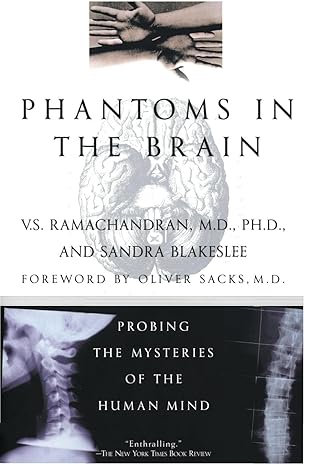 Phantoms in the Brain: Probing the Mysteries of the Human Mind-By V.S. Ramachandran, Sandra Blakeslee, Oliver Sacks
Phantoms in the Brain: Probing the Mysteries of the Human Mind-By V.S. Ramachandran, Sandra Blakeslee, Oliver Sacks
Dr. Ramachandran recounts how his work with patients who have bizarre neurological disorders has shed new light on the deep architecture of the brain, and what these findings tell us about who we are, how we construct our body image, why we laugh or become depressed, why we may believe in God, how we make decisions, deceive ourselves and dream, perhaps even why we’re so clever at philosophy, music and art.
***************************************
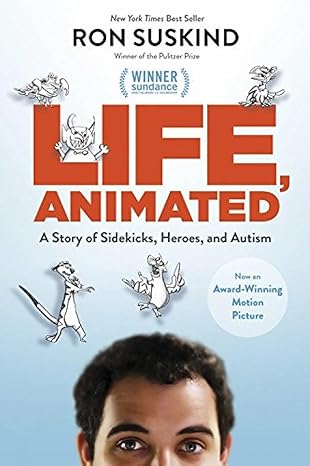 LIFE, ANIMATED- by Ron Suskind
LIFE, ANIMATED- by Ron Suskind
Pulitzer Prize-winning author Ron Suskind tells the story of how his autistic son was able to regain the ability to speak through the medium of Disney animated films. An autistic boy who couldn’t speak for years, Owen memorized dozens of Disney movies, turned them into a language to express love and loss, kinship, brotherhood.
***************************************
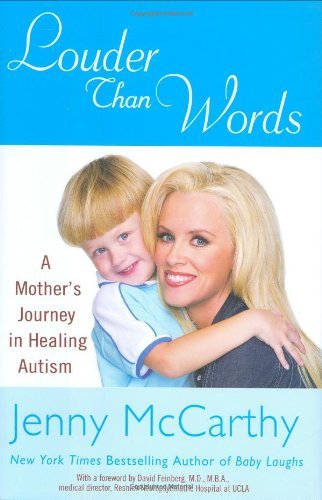 Louder Than Words: A Mother’s Journey in Healing Autism- by Jenny McCarthy
Louder Than Words: A Mother’s Journey in Healing Autism- by Jenny McCarthy
Jenny as a mother of autistic son, Evan, discovered an intense combination of behavioral therapy, diet, and supplements that became the key to saving Evan from autism. Her story sheds much-needed light on autism through her own heartbreak, struggle, and ultimately hopeful example of how a parent can shape a child’s life and happiness.
***************************************
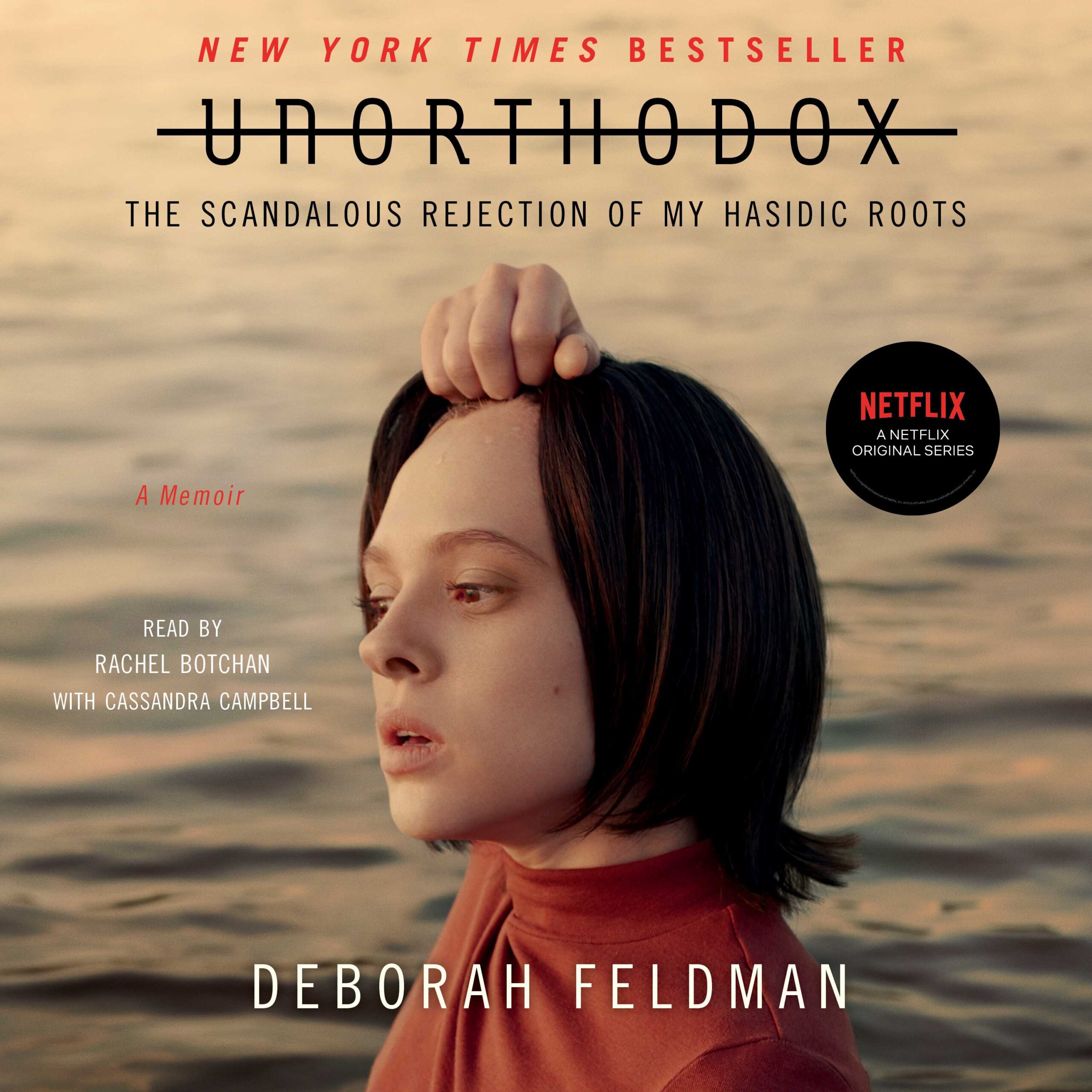 Unorthodox: The Scandalous Rejection of My Hasidic Roots-by Deborah Feldman
Unorthodox: The Scandalous Rejection of My Hasidic Roots-by Deborah Feldman
This is the New York Times bestselling memoir of a young Jewish woman’s escape from a religious sect. As a member of the strictly religious Satmar sect of Hasidic Judaism, Deborah Feldman grew up under a code of relentlessly enforced customs governing everything from what she could wear and to whom she could speak to what she was allowed to read. She gave birth at nineteen and realized that, for the sake of herself and her son, she had to escape. There is a mini series on Netflix based on this story.
***************************************
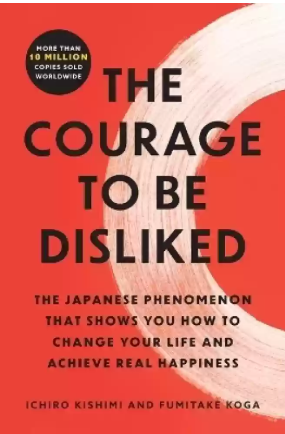 The Courage to Be Disliked: How to free yourself, change your life and achieve real by Ichiro Kishimi and Fumitake Koga
The Courage to Be Disliked: How to free yourself, change your life and achieve real by Ichiro Kishimi and Fumitake Koga
The Japanese phenomenon that teaches us the simple yet profound lessons required to liberate our real selves and find lasting happiness. This book shows you how to unlock the power within yourself to become your best and truest self, change your future and find lasting happiness. It’s a philosophy that’s profoundly liberating, allowing us to develop the courage to change, and to ignore the limitations that we and those around us can place on ourselves.
***************************************
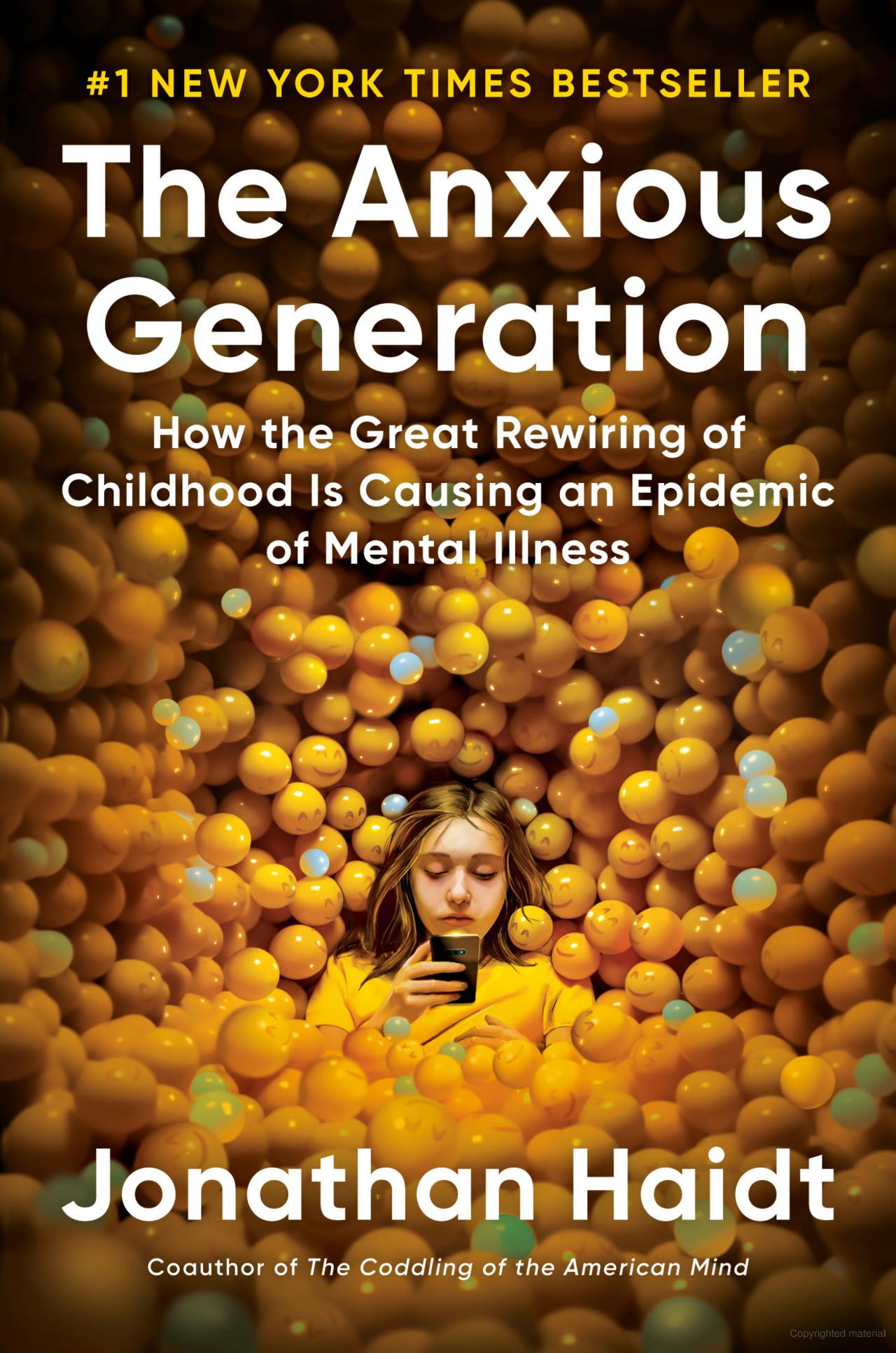 The Anxious Generation: How the Great Rewiring of Childhood Caused an Epidemic of Mental Illness- by Jonathan Haidt.
The Anxious Generation: How the Great Rewiring of Childhood Caused an Epidemic of Mental Illness- by Jonathan Haidt.
The author lays out the facts about the epidemic of teen mental illness that hit many countries at the same time. He shows how the “play-based childhood” began to decline in the 1980s, and how it was finally wiped out by the arrival of the “phone-based childhood” in the early 2010s.
***************************************
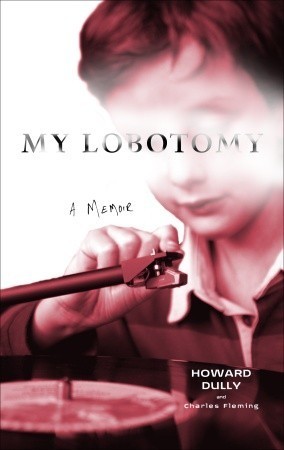 My Lobotomy: A Memoir- by Howard Dully, Charles Fleming.
My Lobotomy: A Memoir- by Howard Dully, Charles Fleming.
In this heartfelt memoir from one of the youngest recipients of the transorbital lobotomy, Howard Dully shares the story of a painfully dysfunctional childhood, a misspent youth, his struggle to claim the life that was taken from him, and his redemption.
***************************************
 How to Be a Conscious Eater: Making Food Choices That Are Good for You, Others, and the Planet-by Sophie Egan
How to Be a Conscious Eater: Making Food Choices That Are Good for You, Others, and the Planet-by Sophie Egan
A radically practical guide to making food choices that are good for you, others, and the planet. Using three criteria—Is it good for me? Is it good for others? Is it good for the planet? —Sophie Egan helps us navigate the bewildering world of food so that we can all become conscious eaters.
***************************************

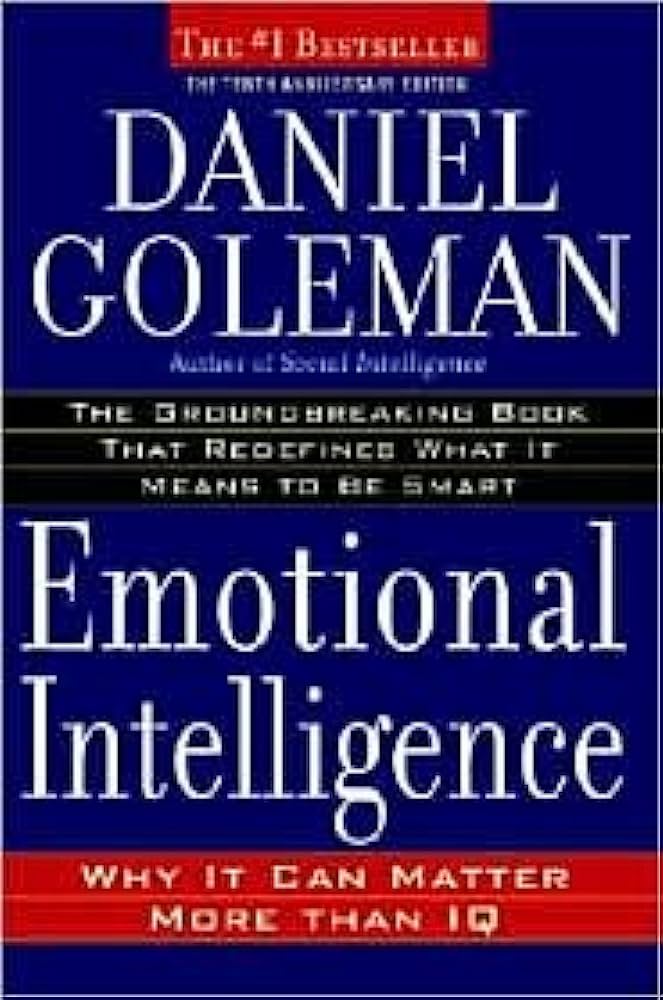 Emotional Intelligence: Why It Can Matter More Than IQ–
Emotional Intelligence: Why It Can Matter More Than IQ–